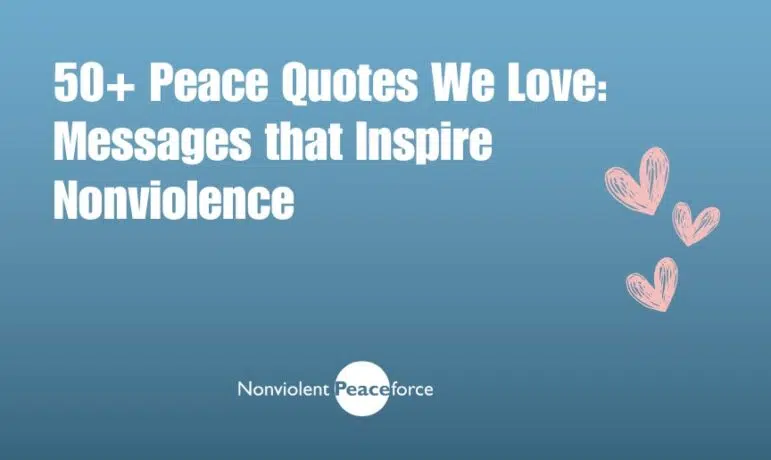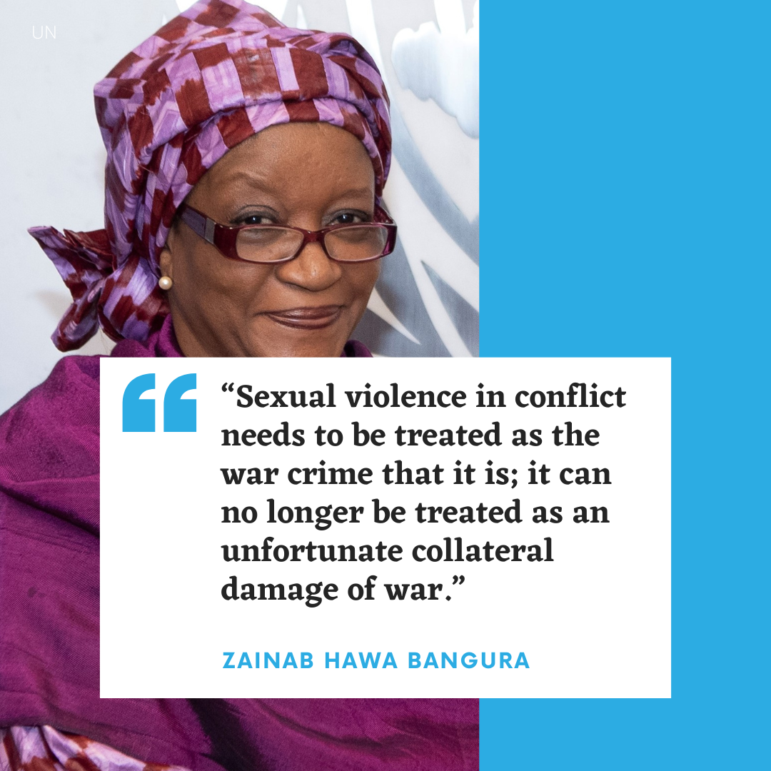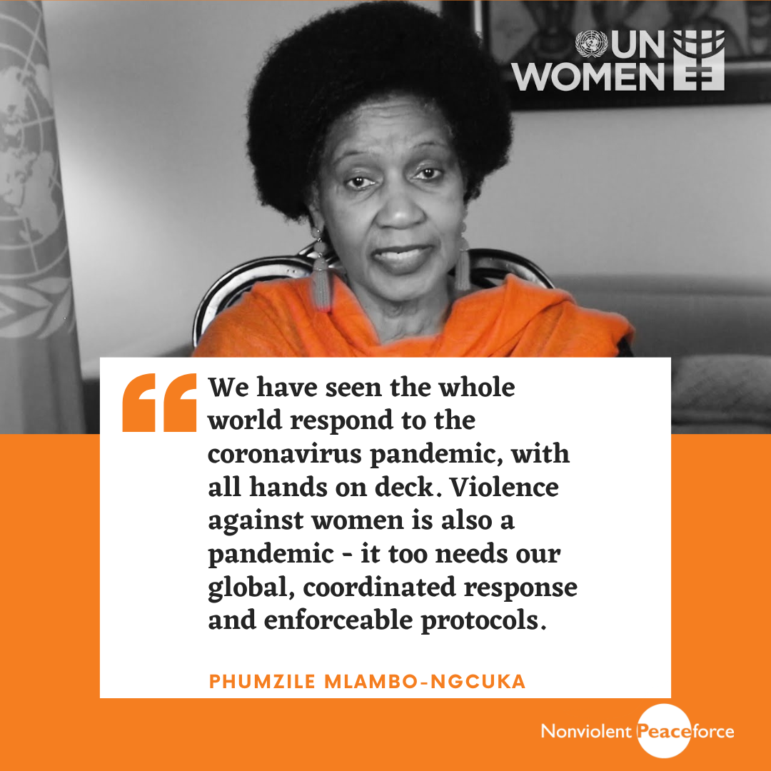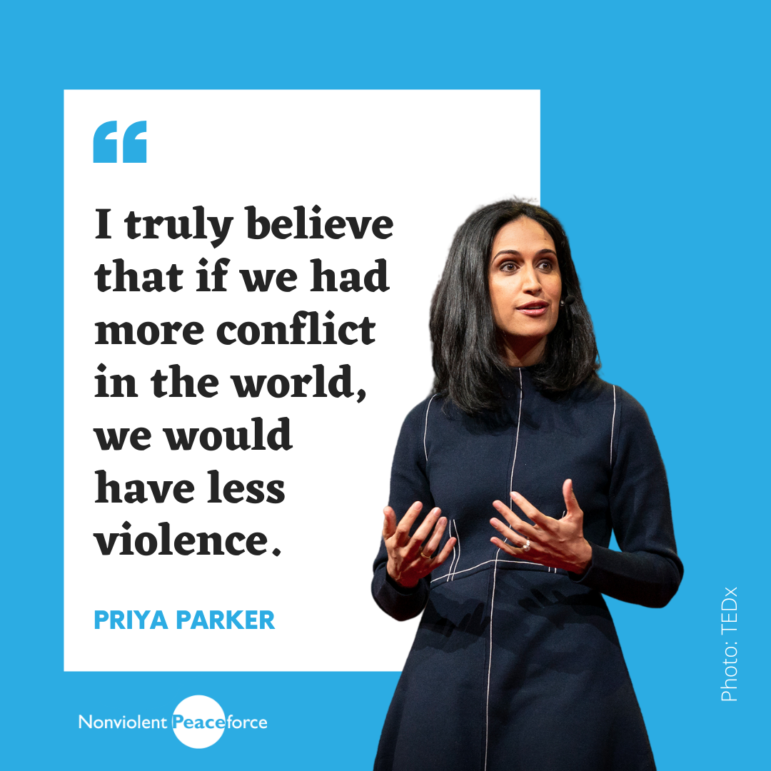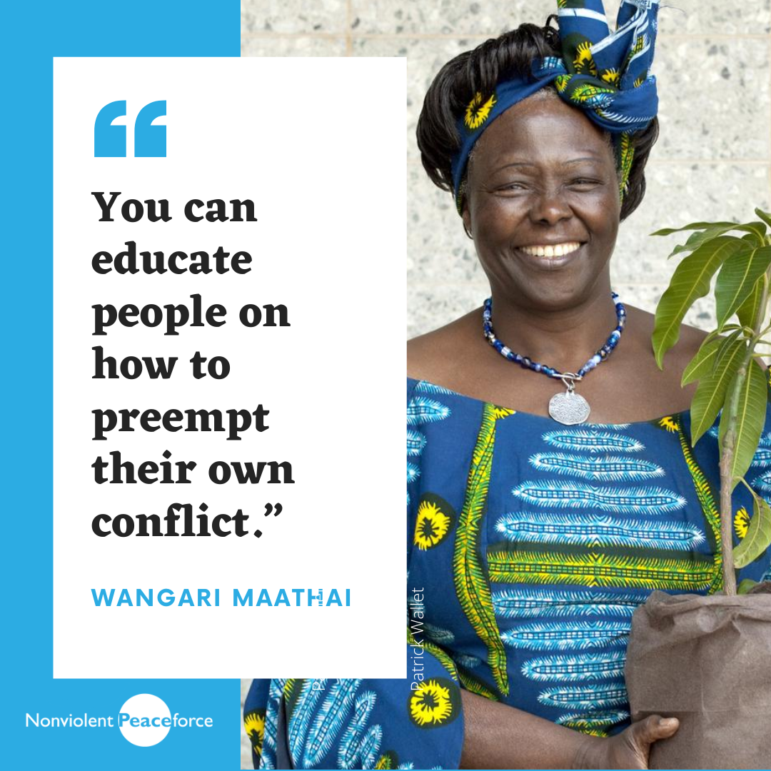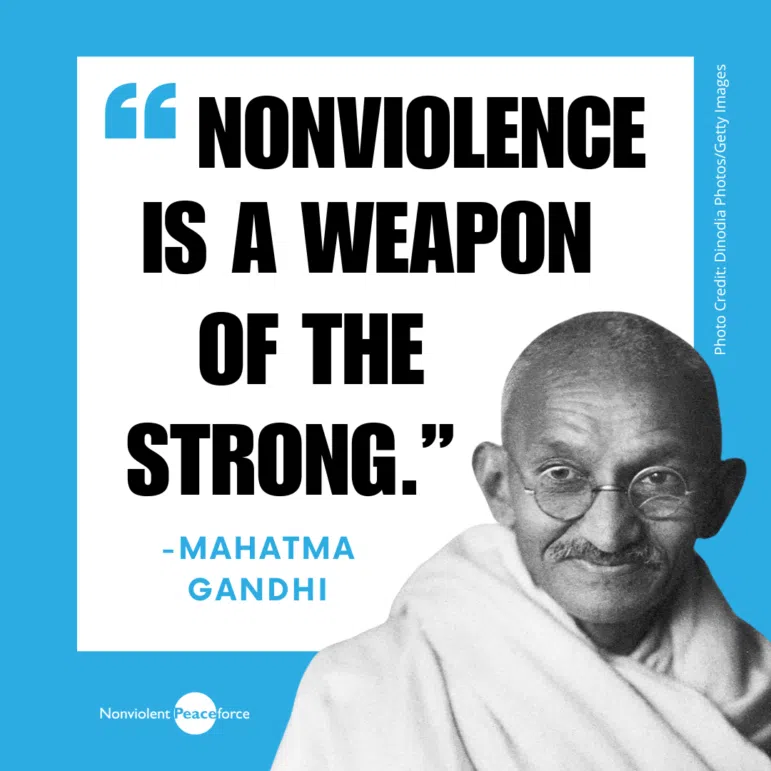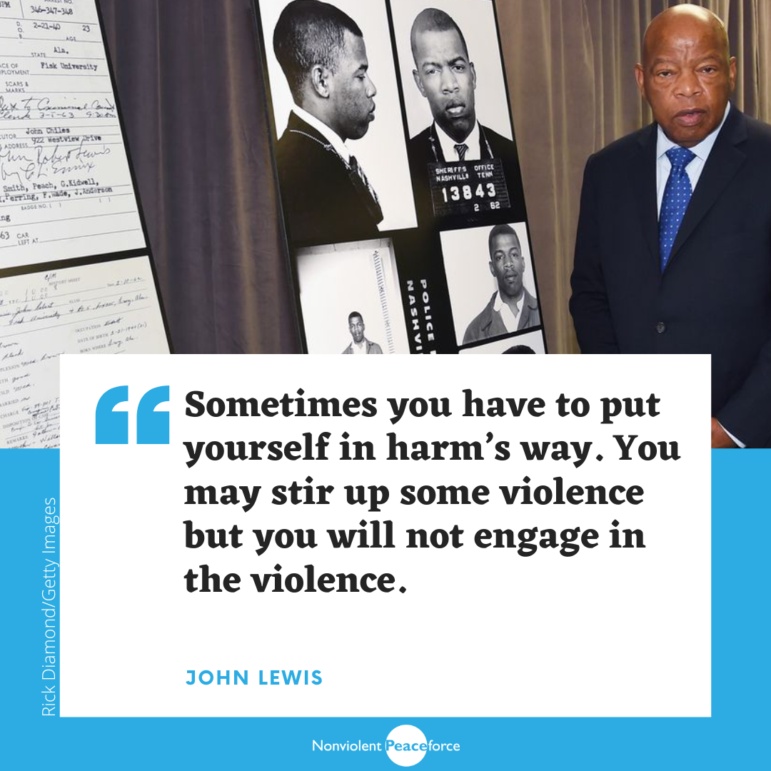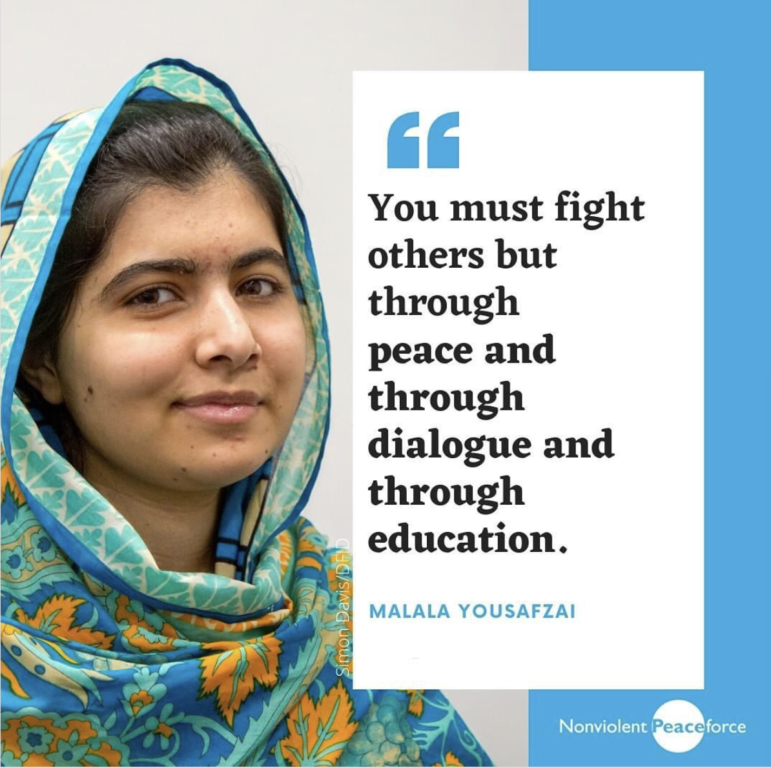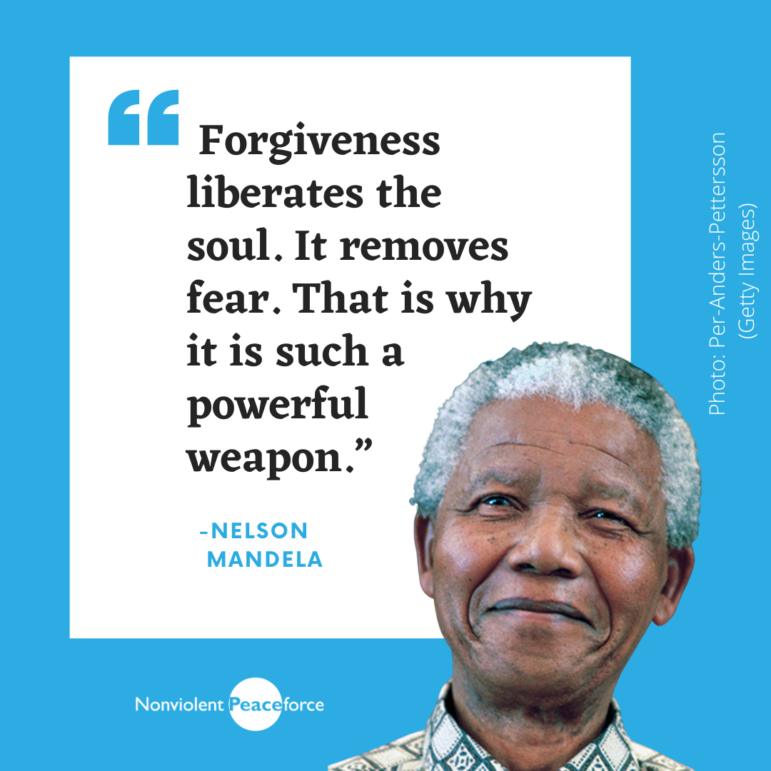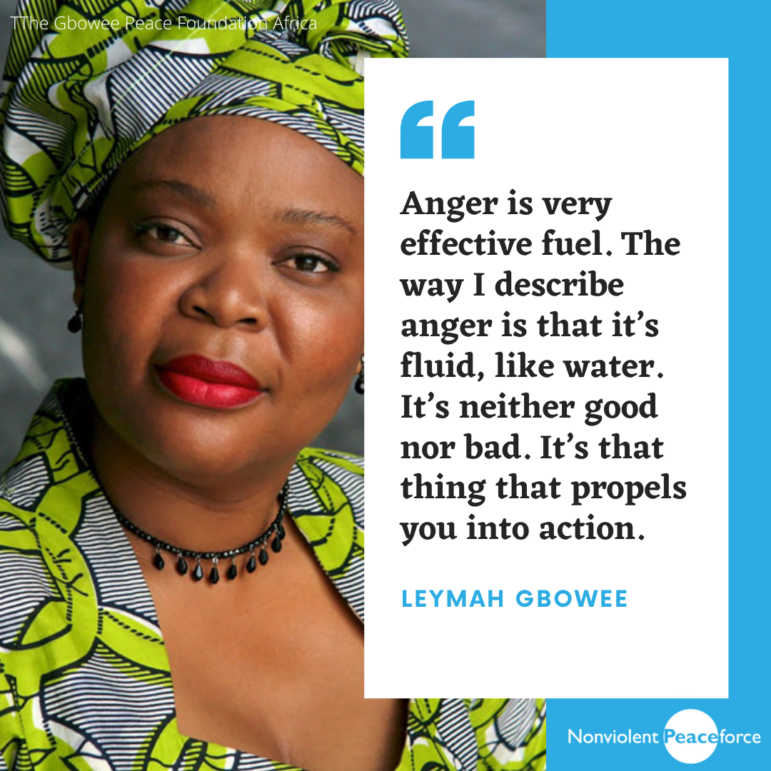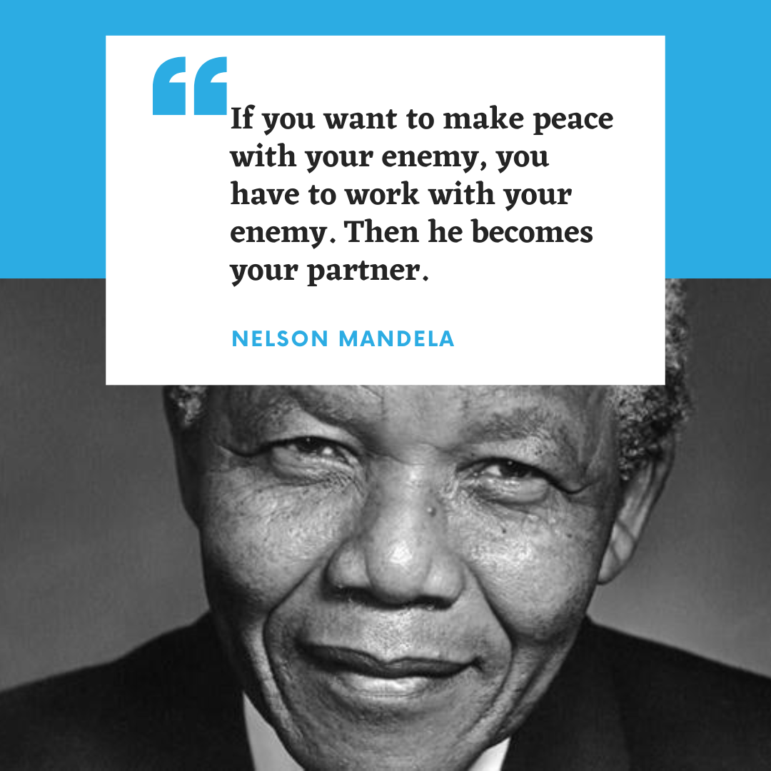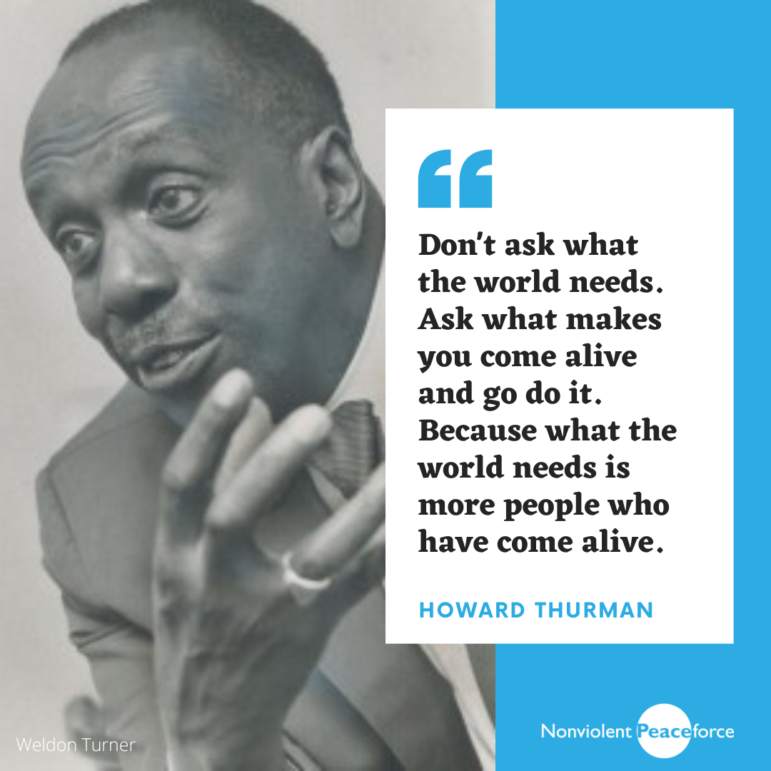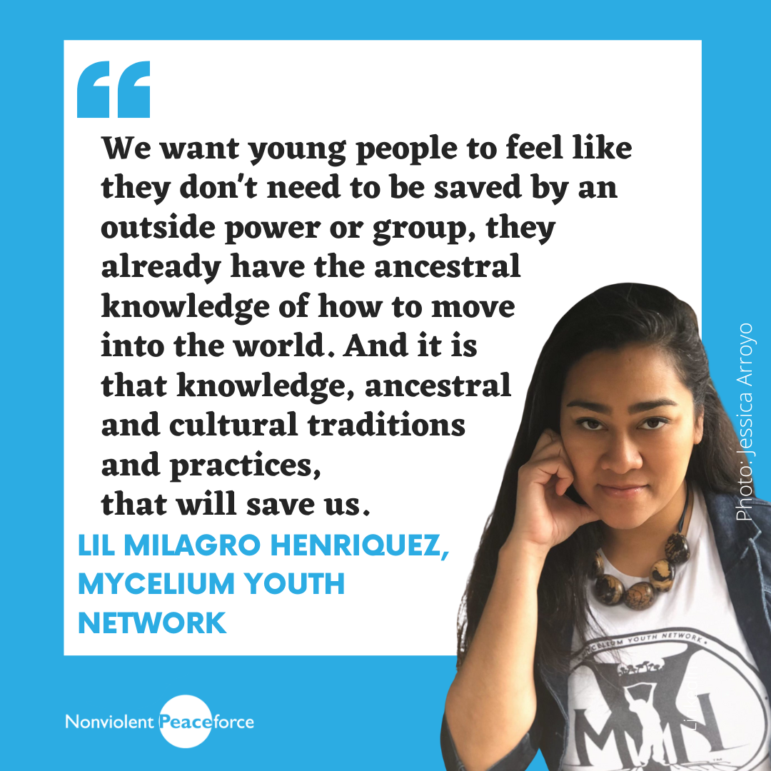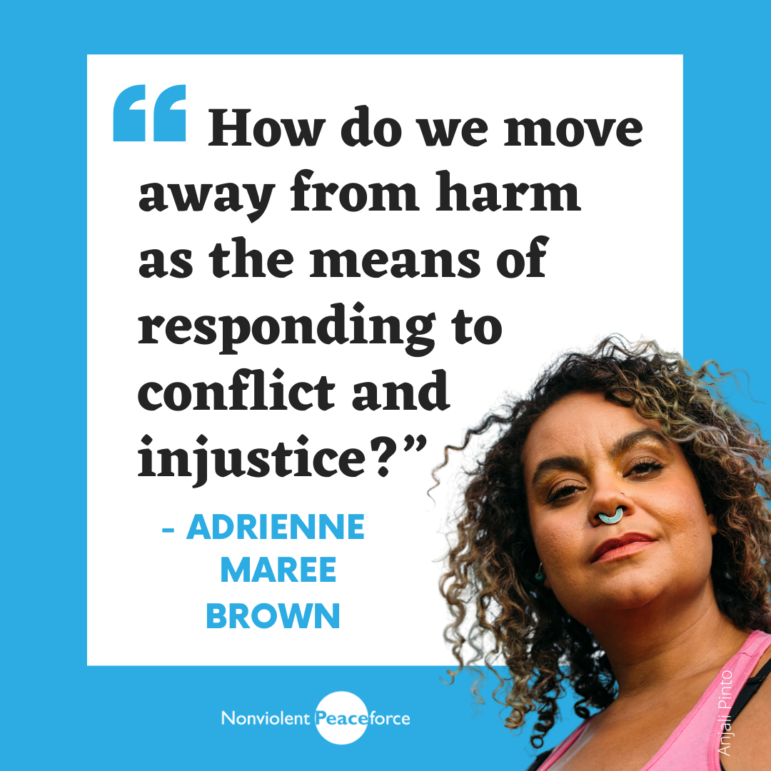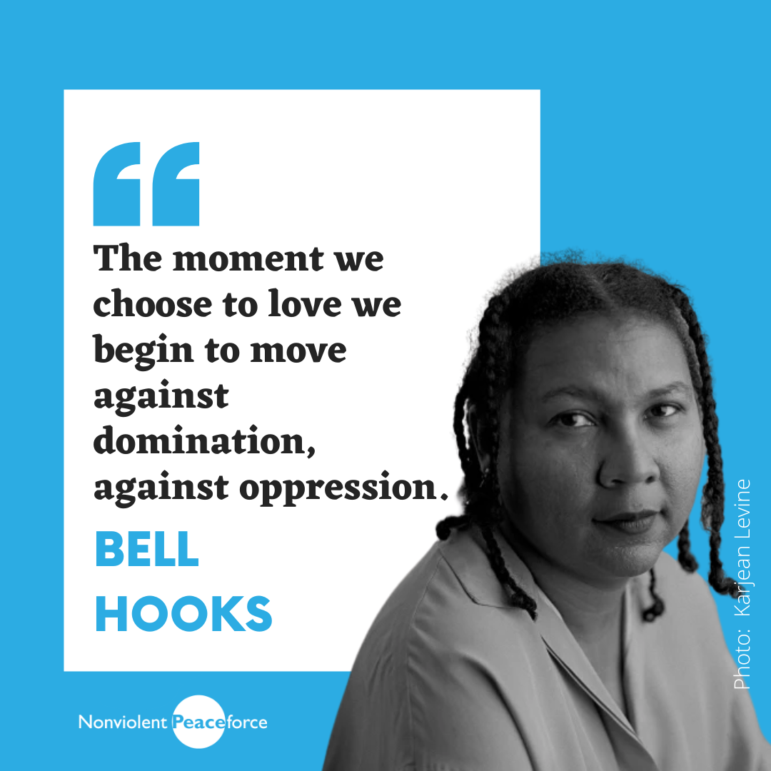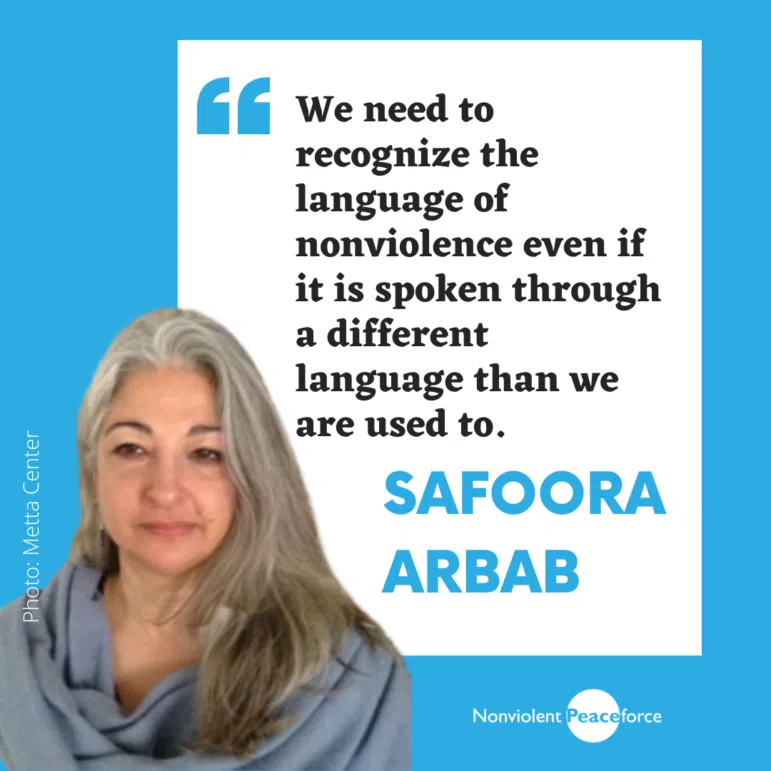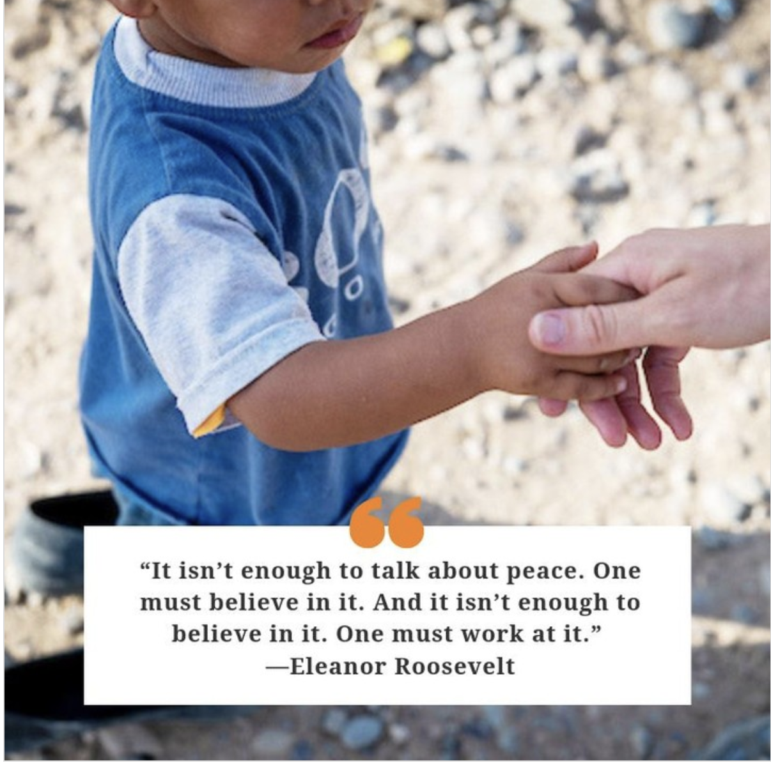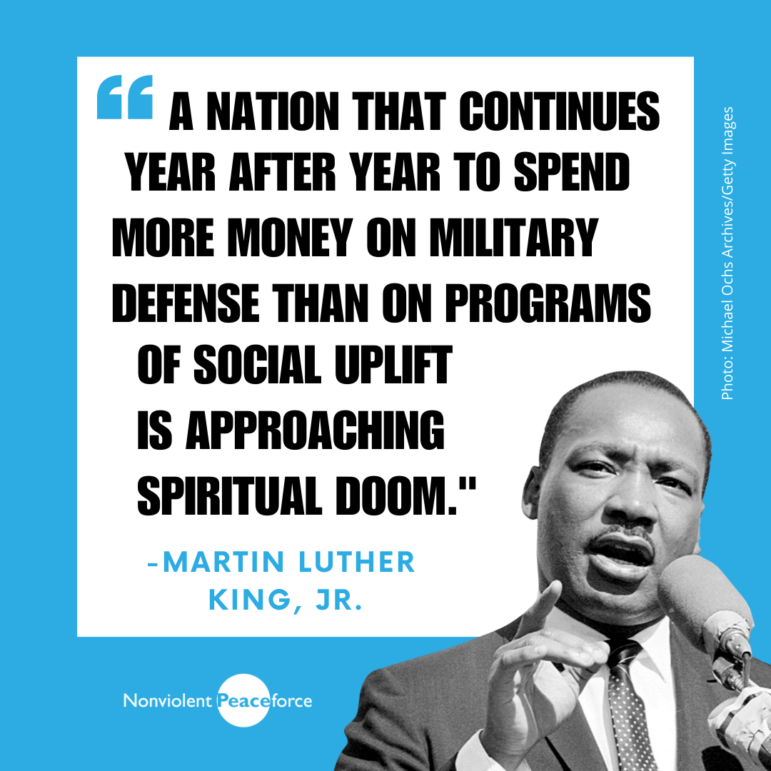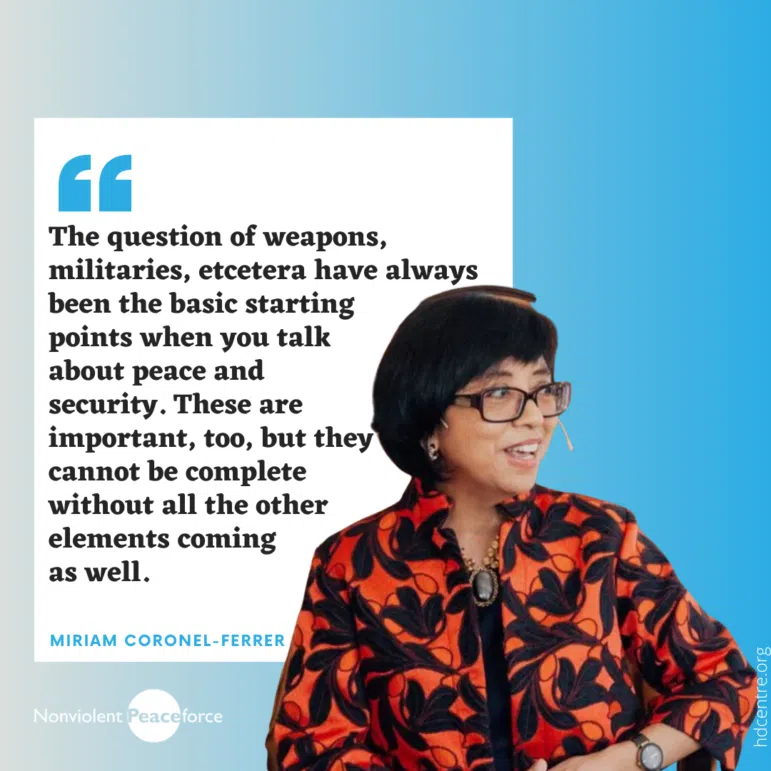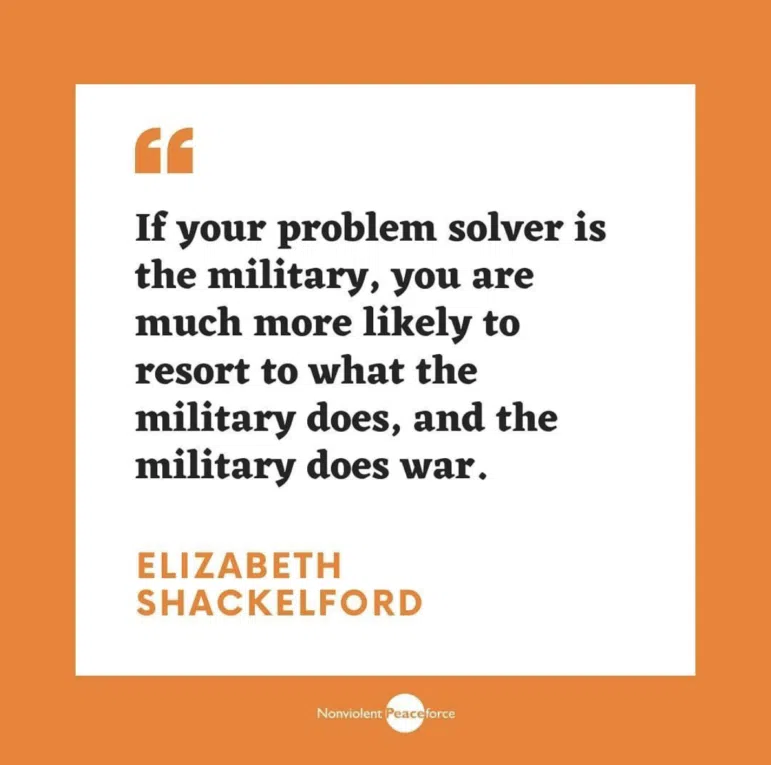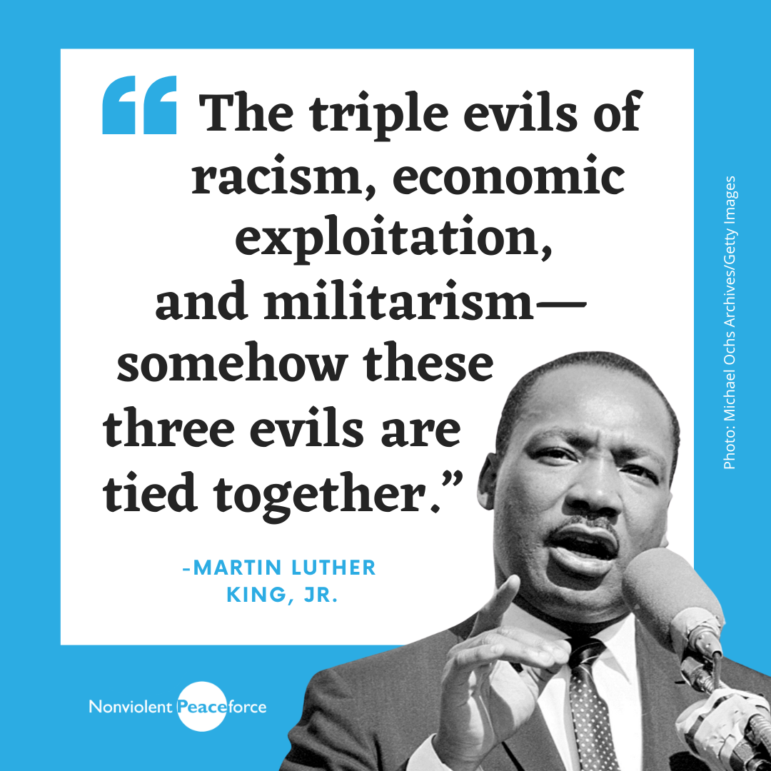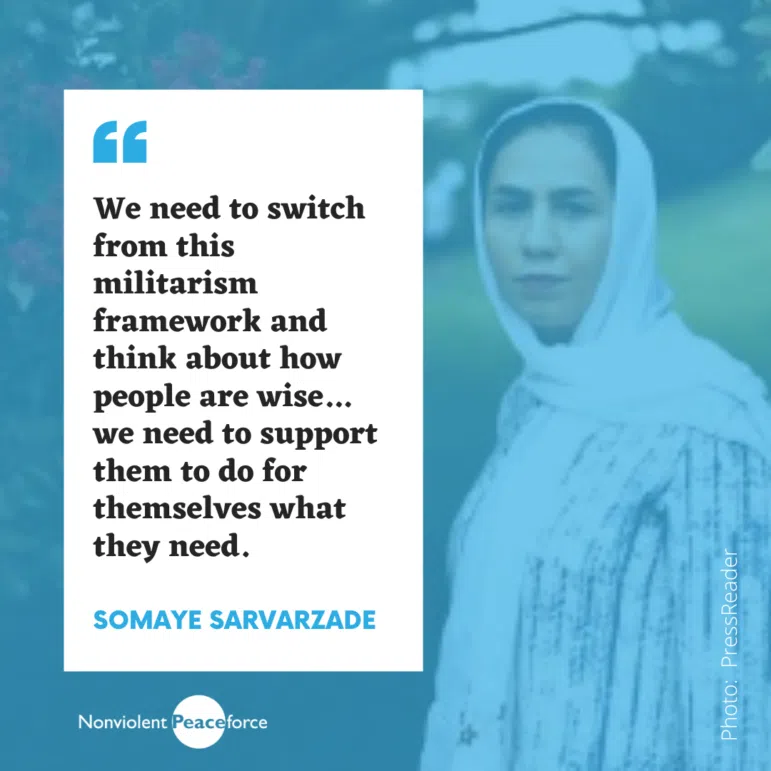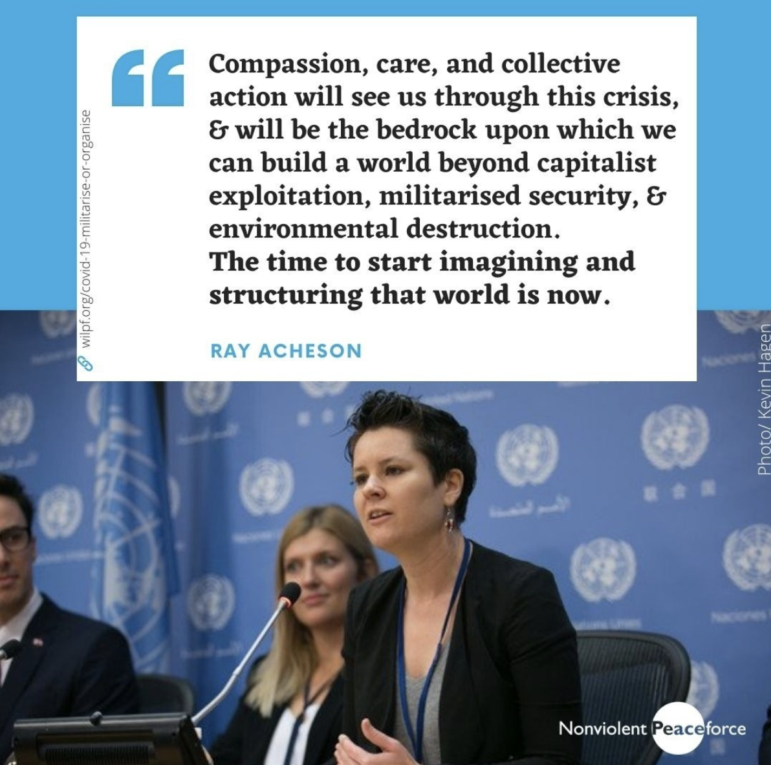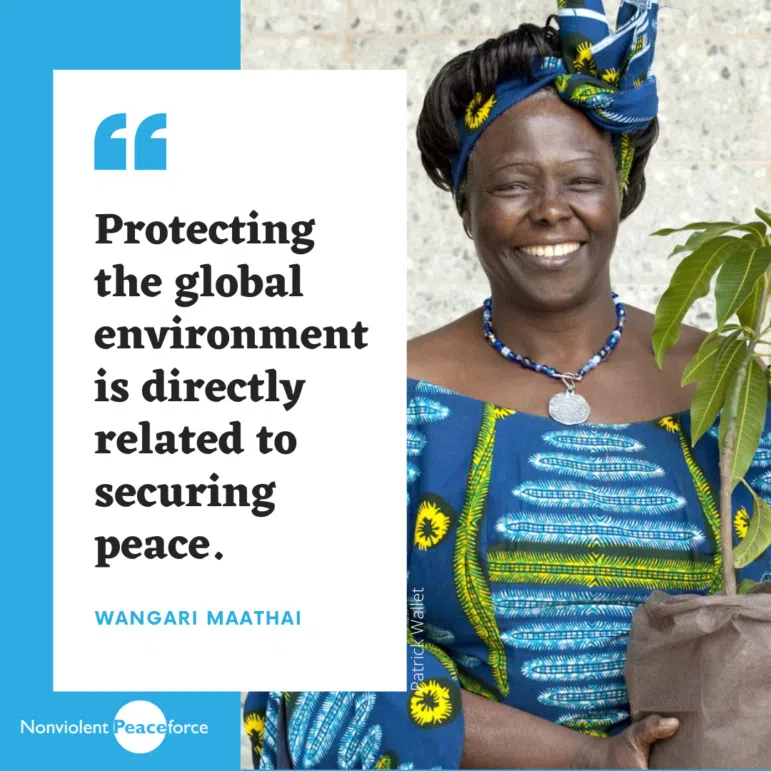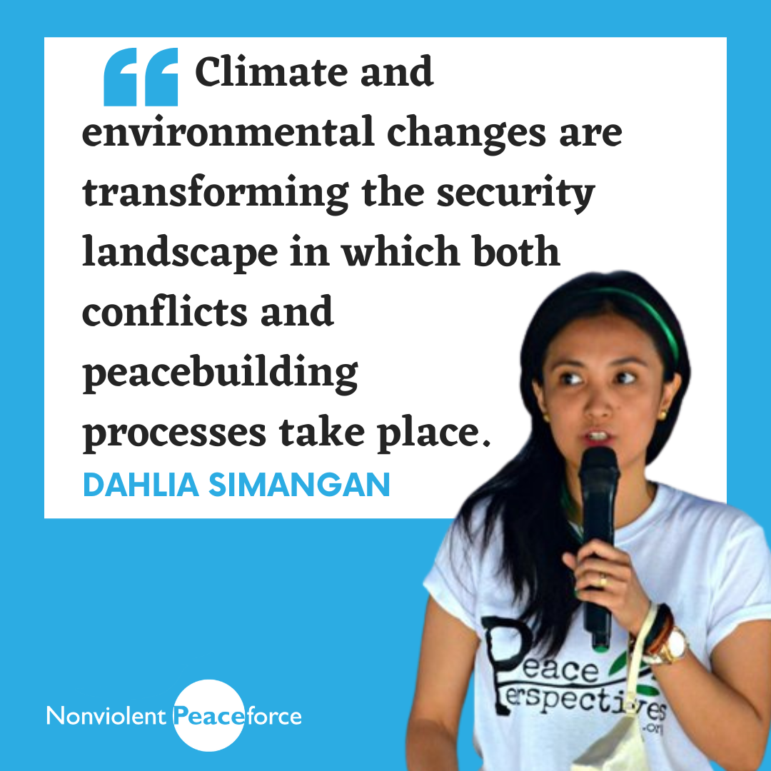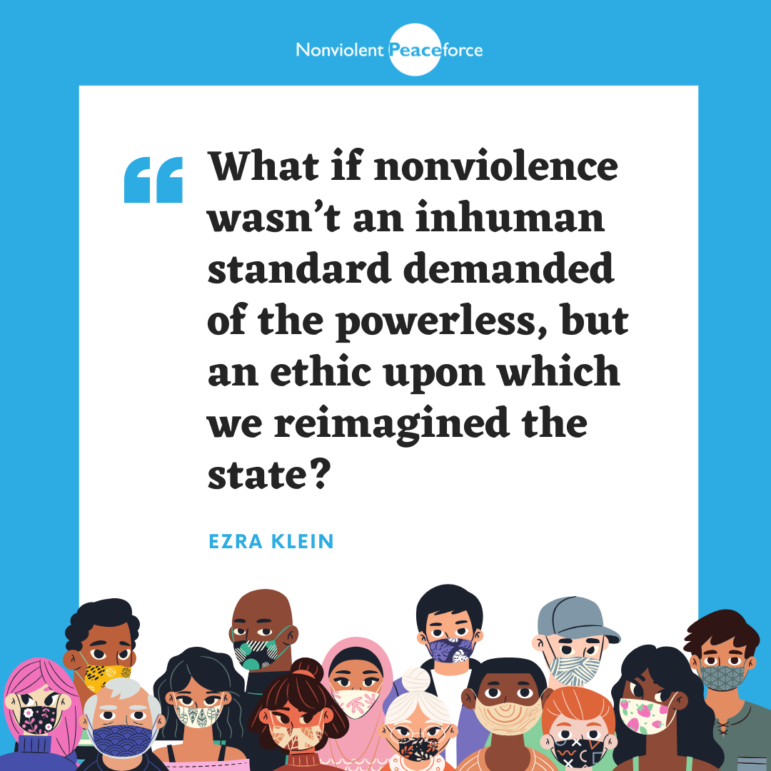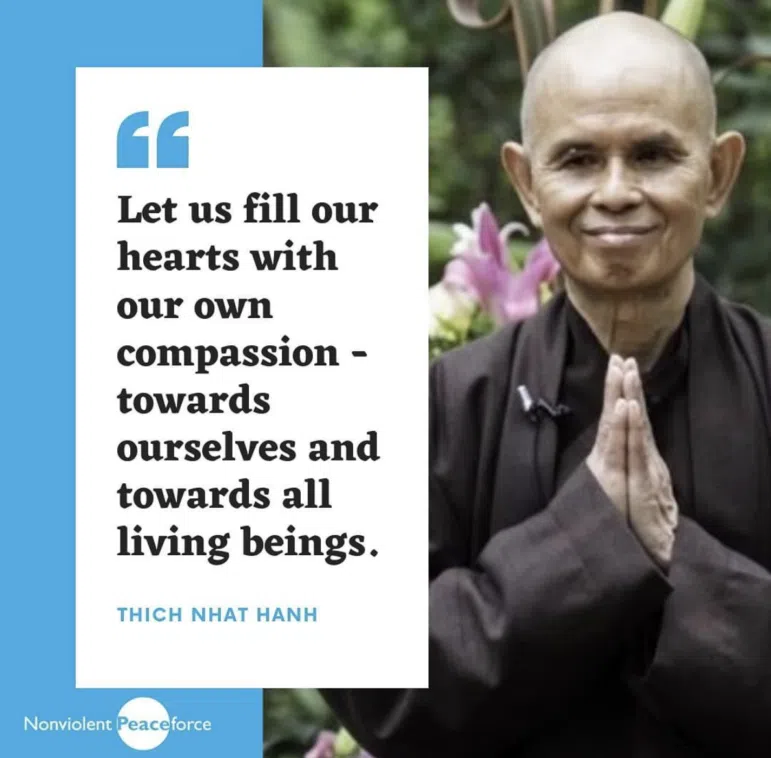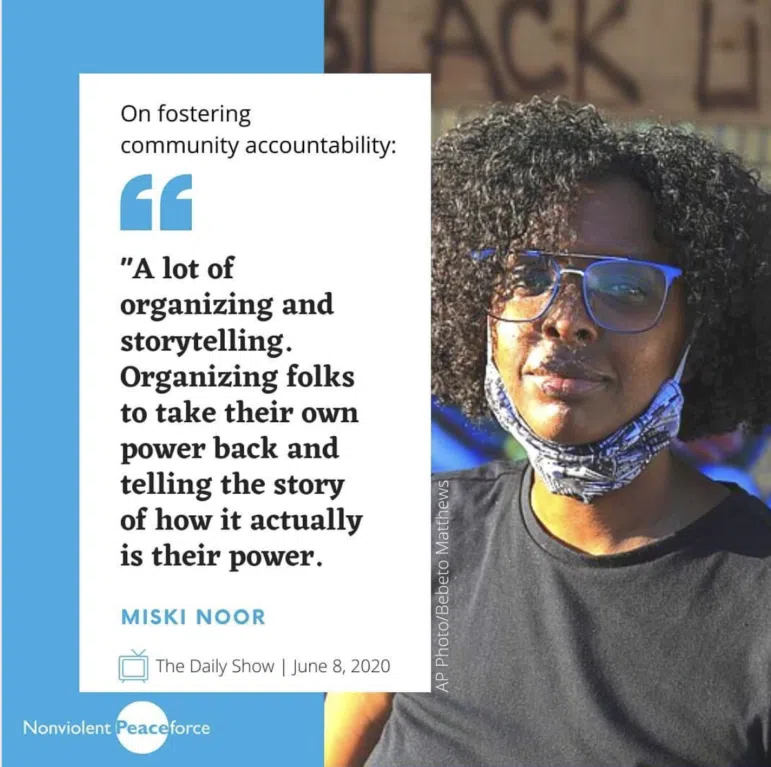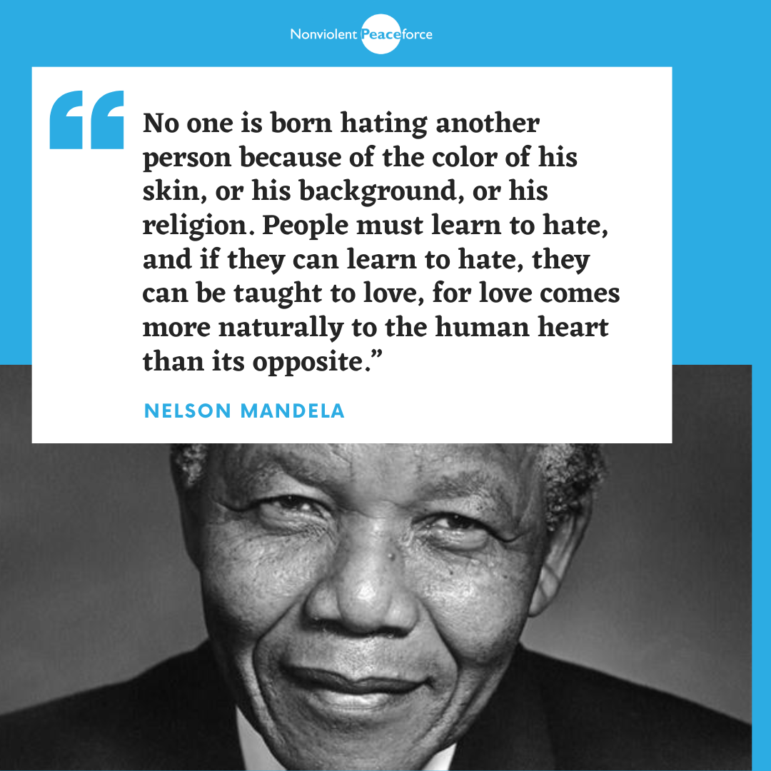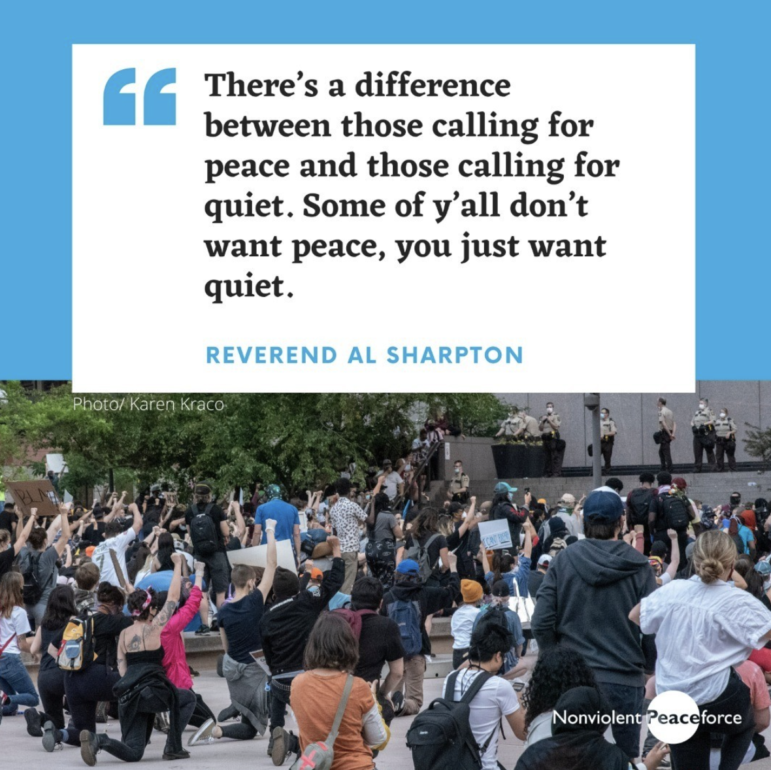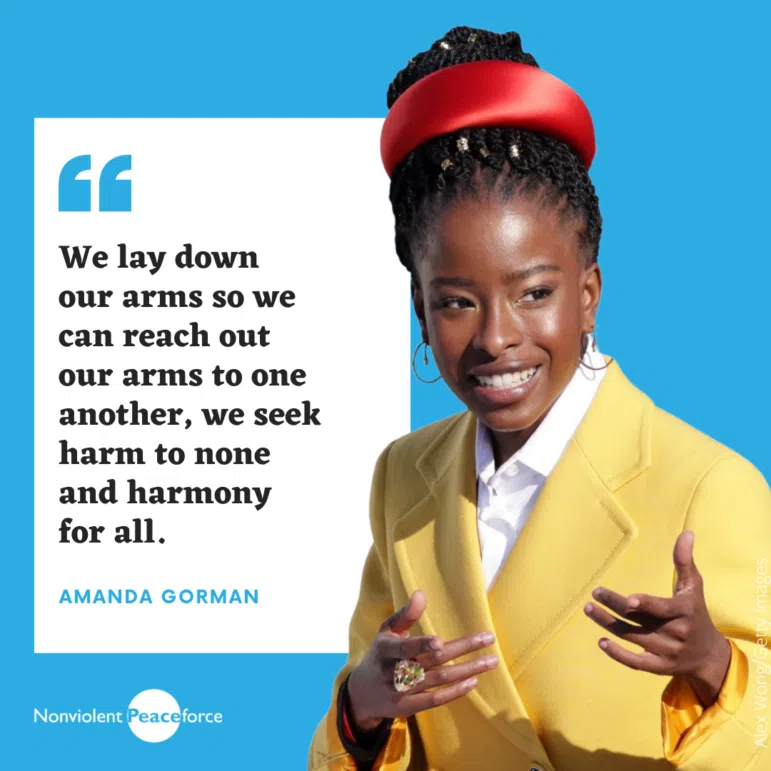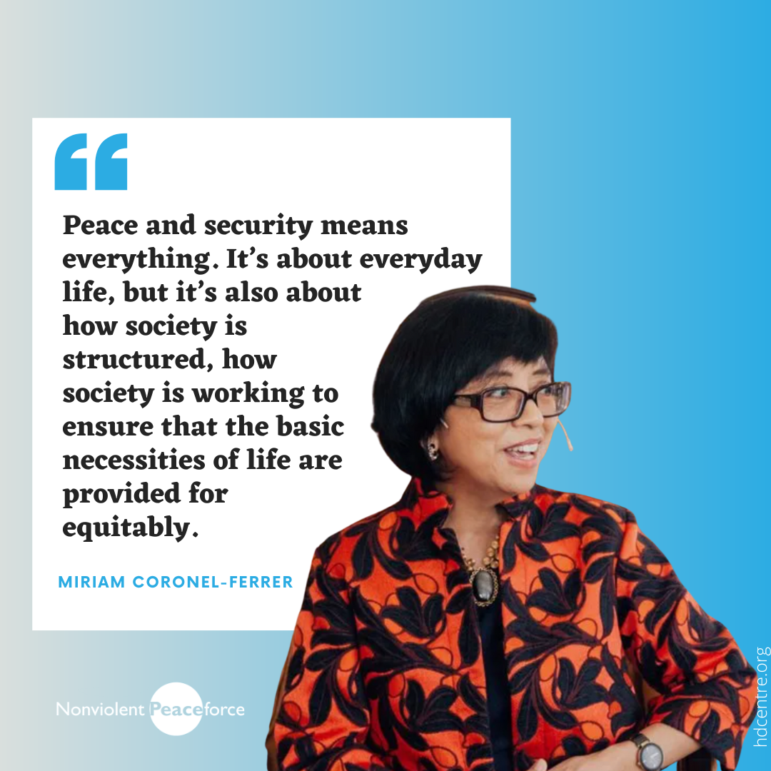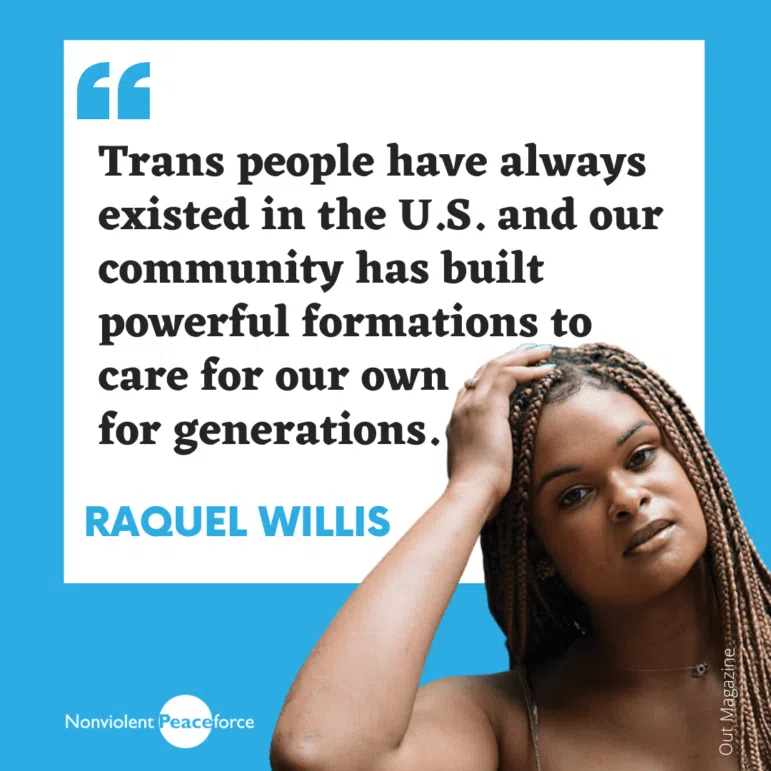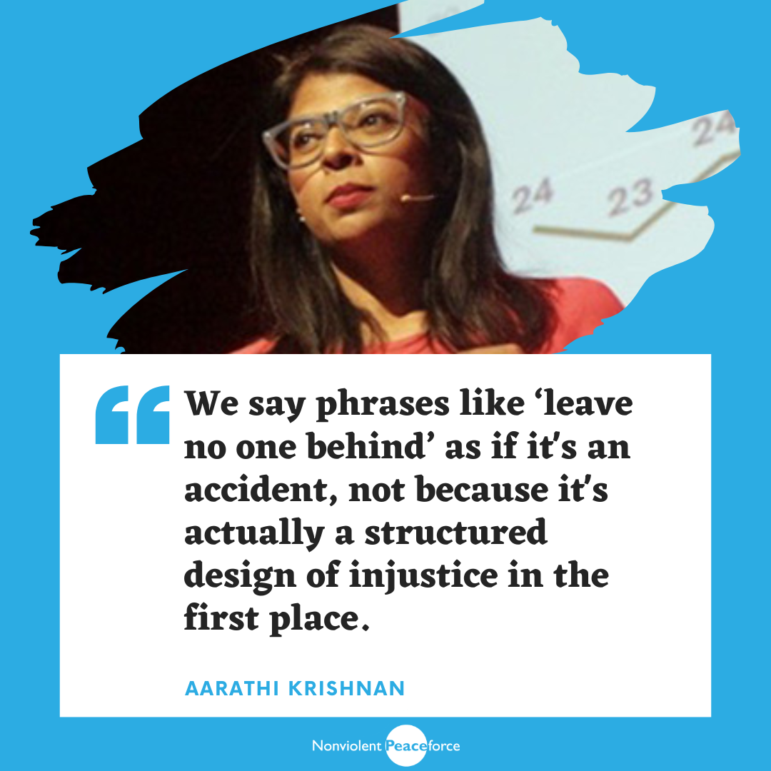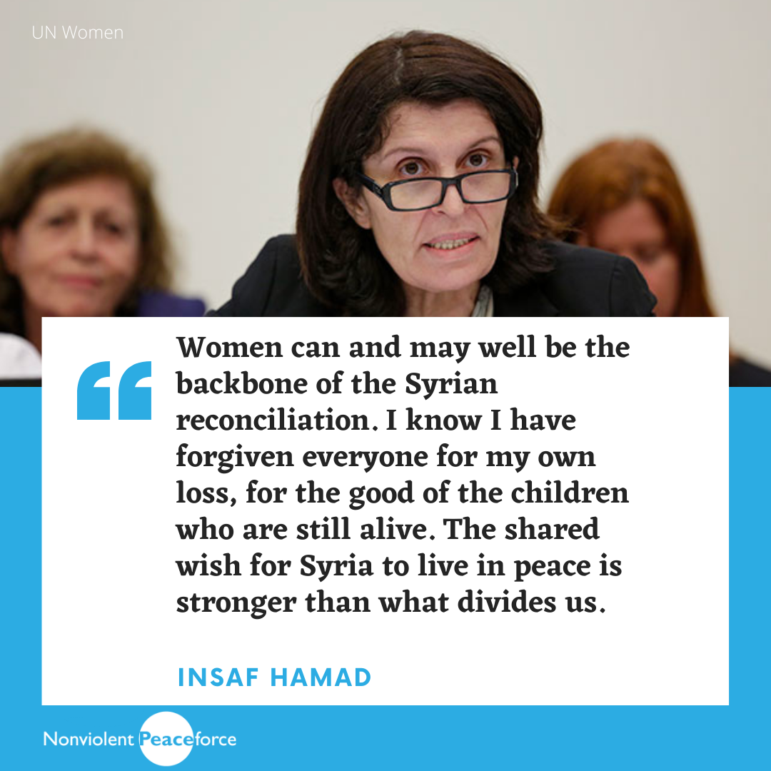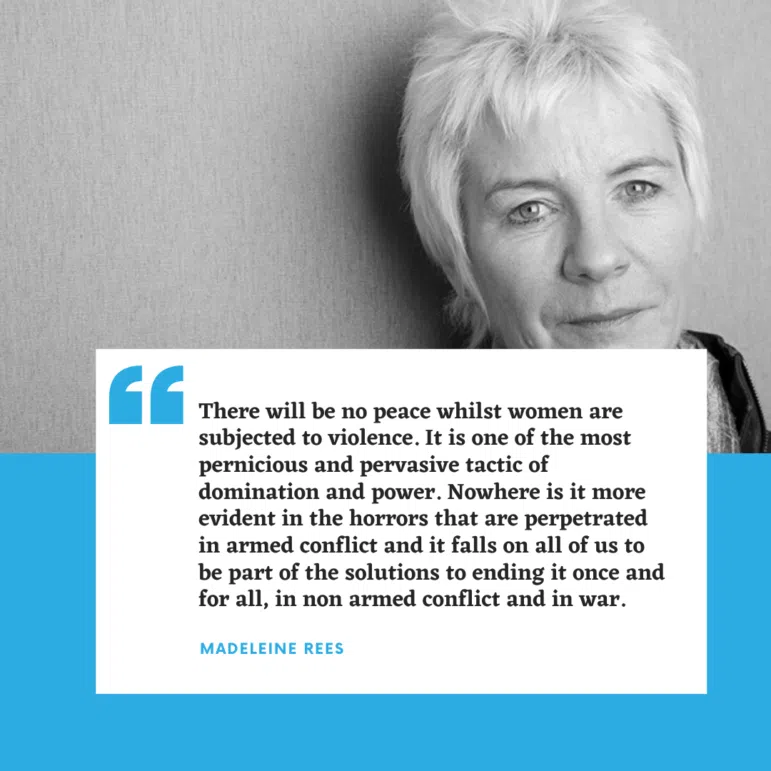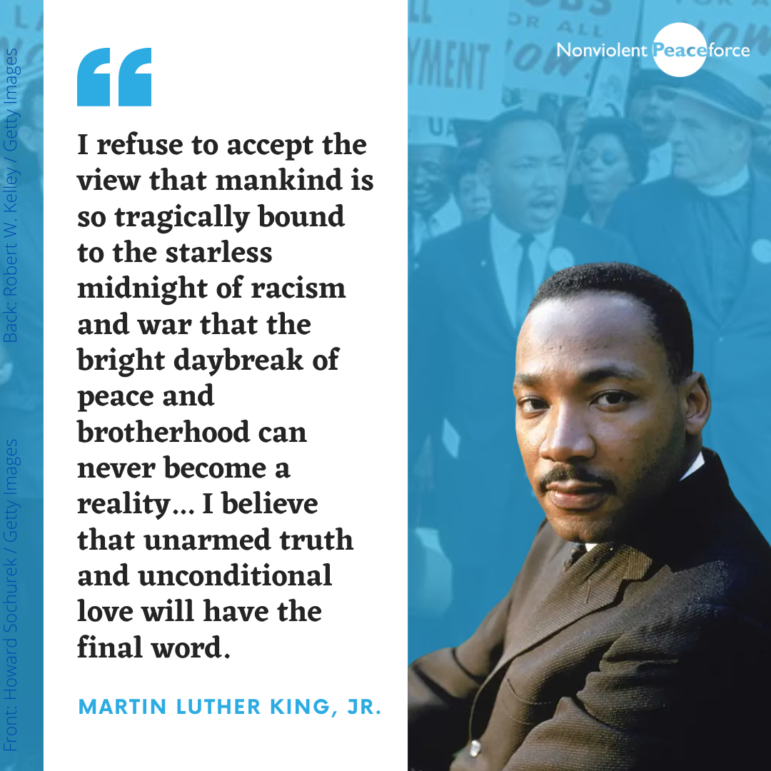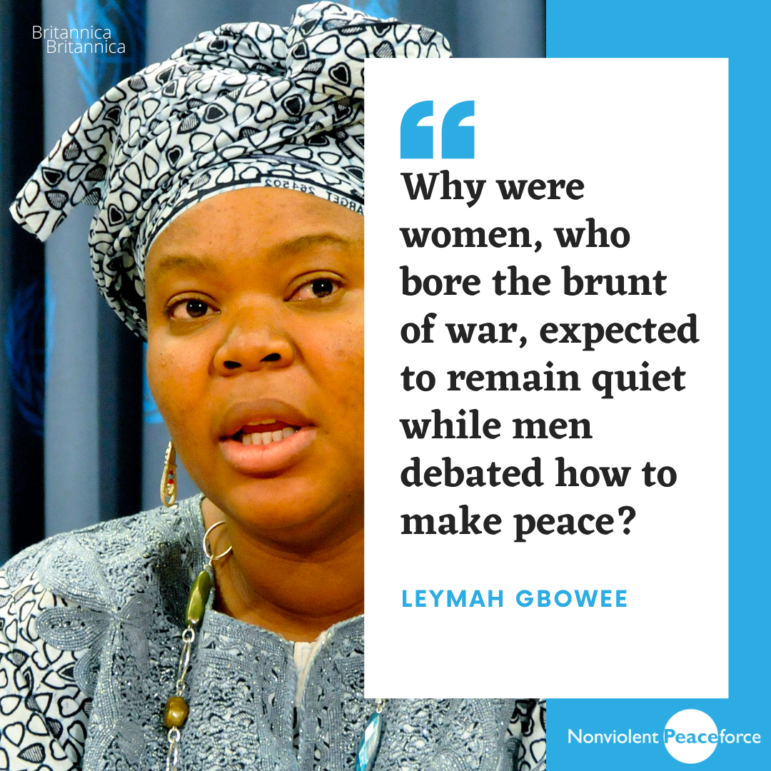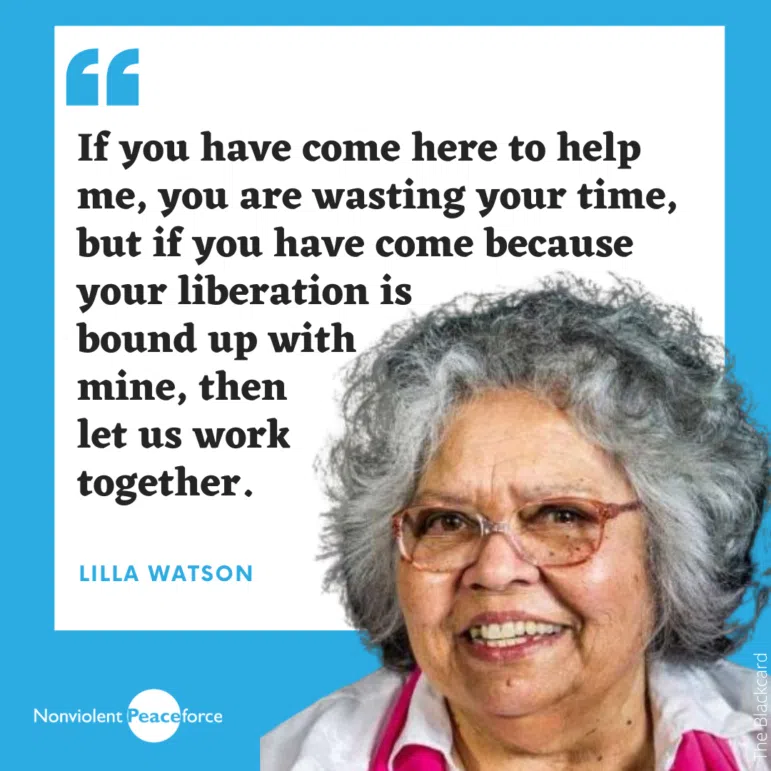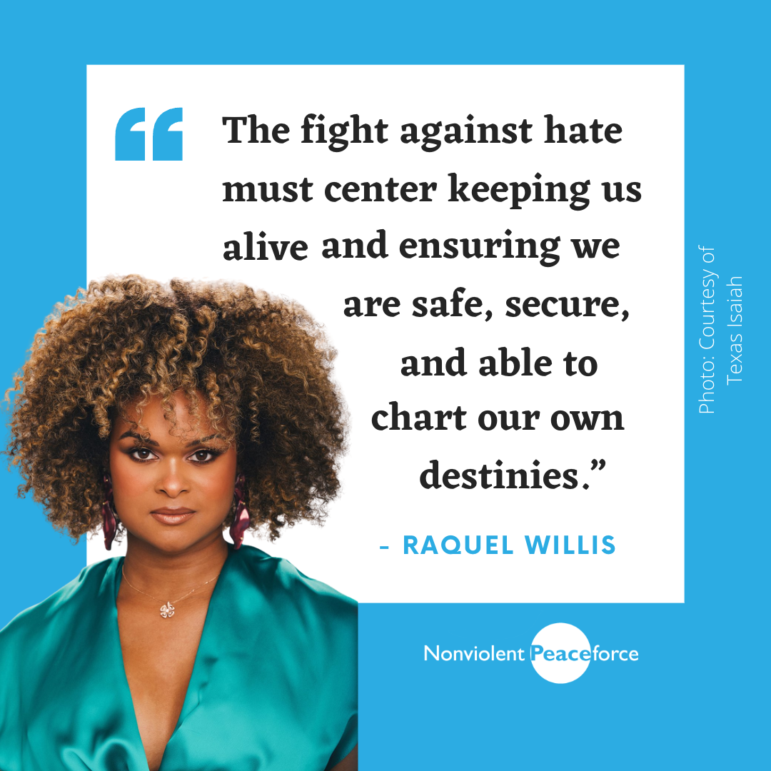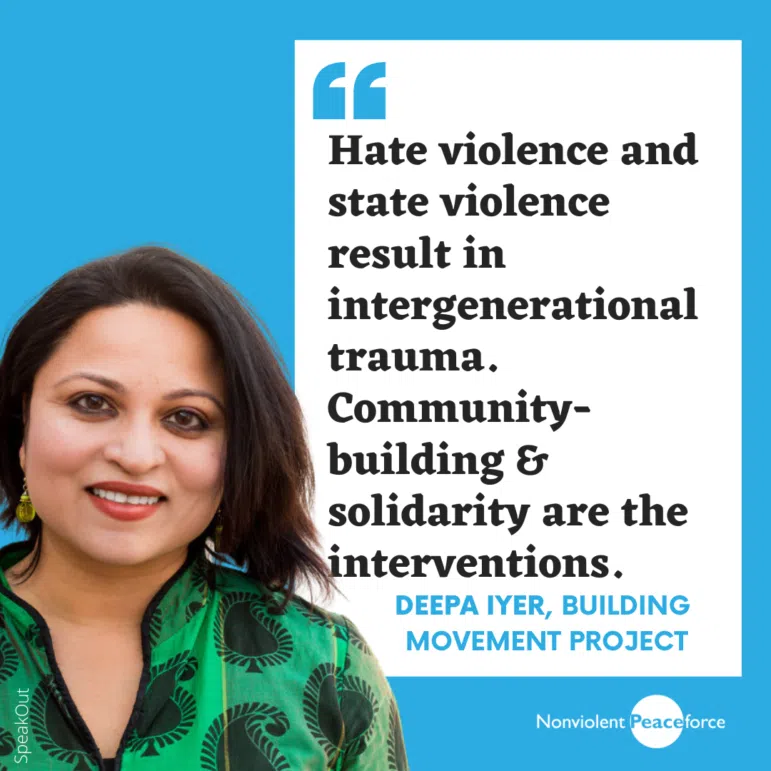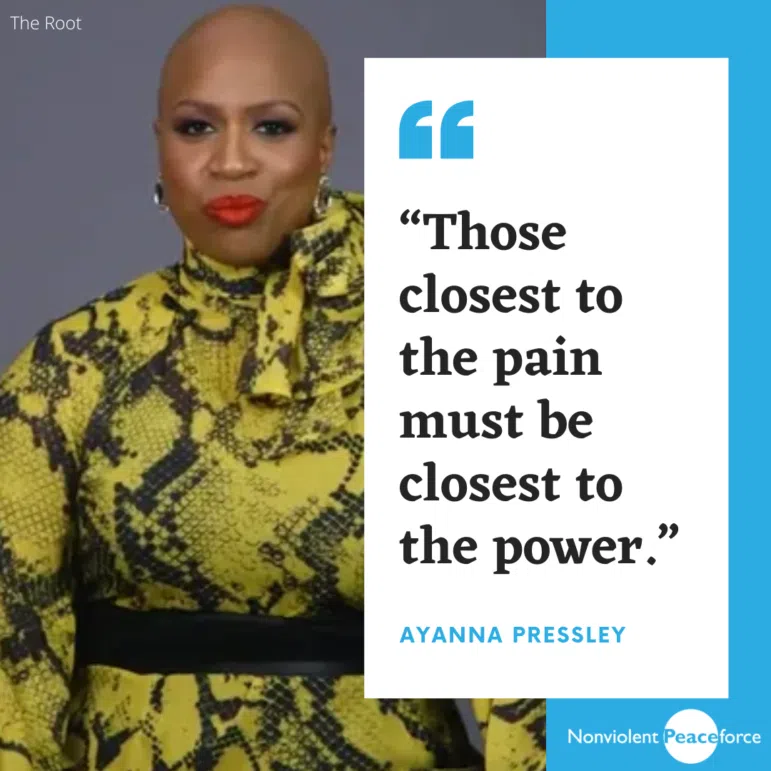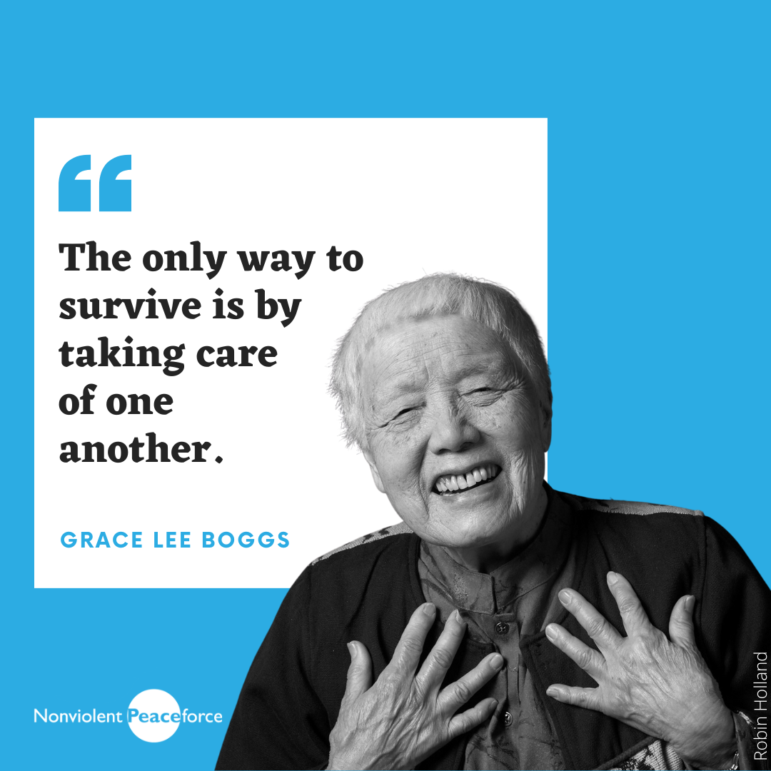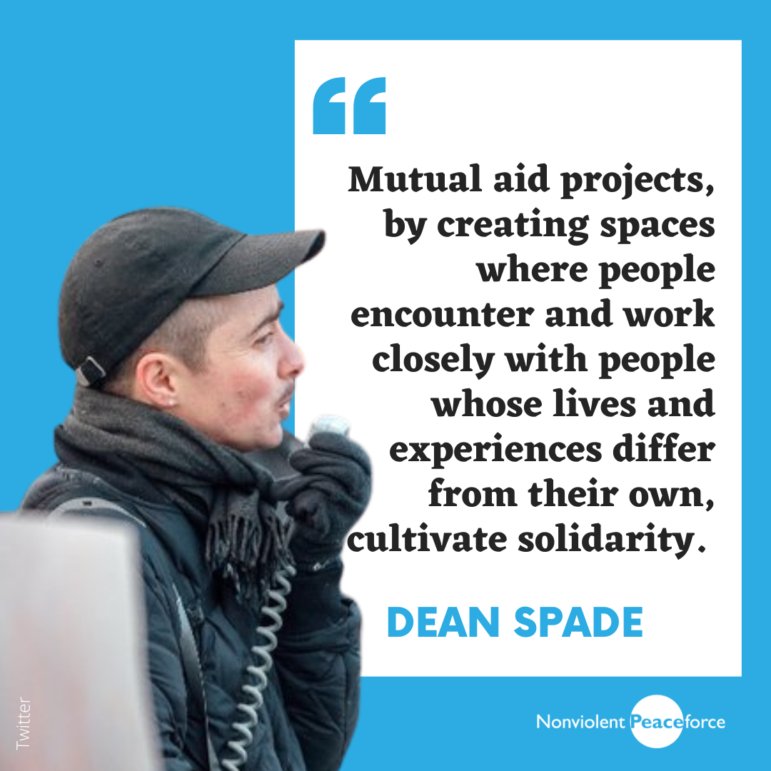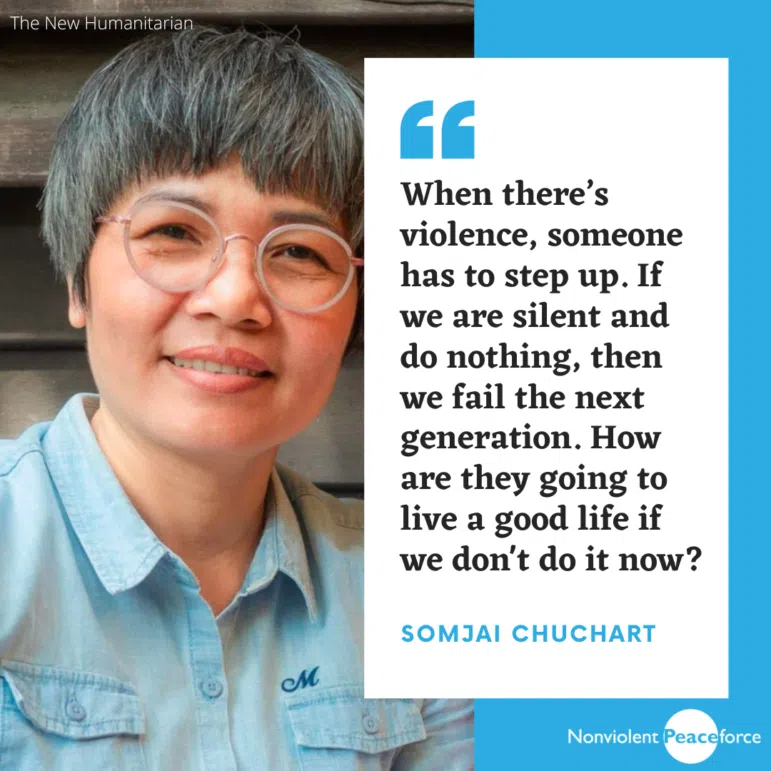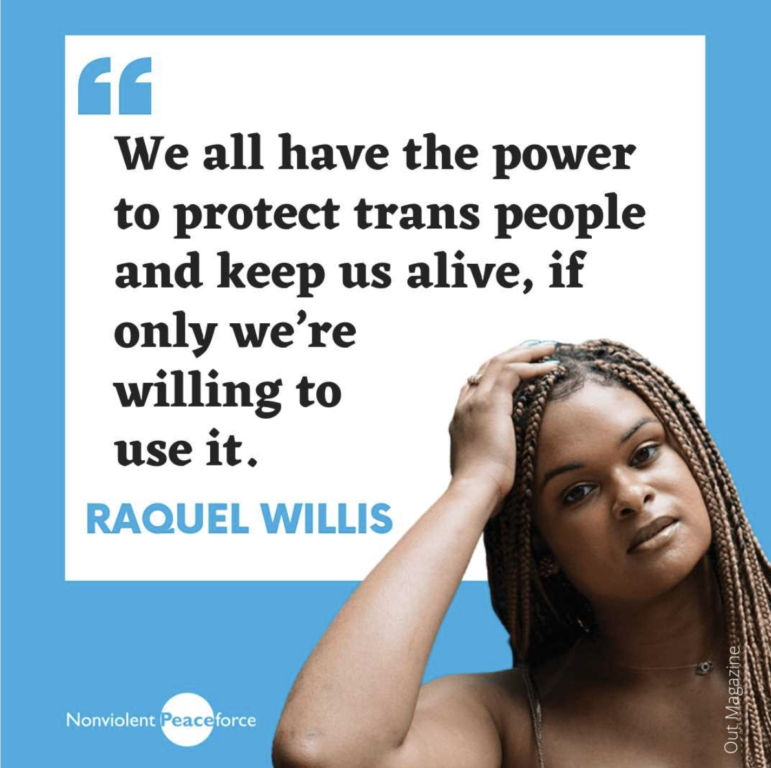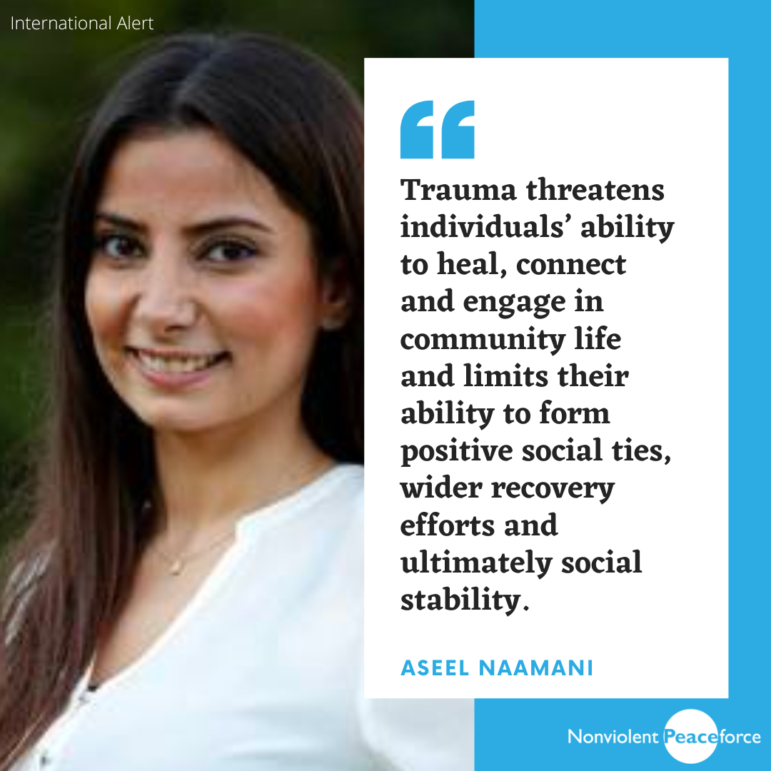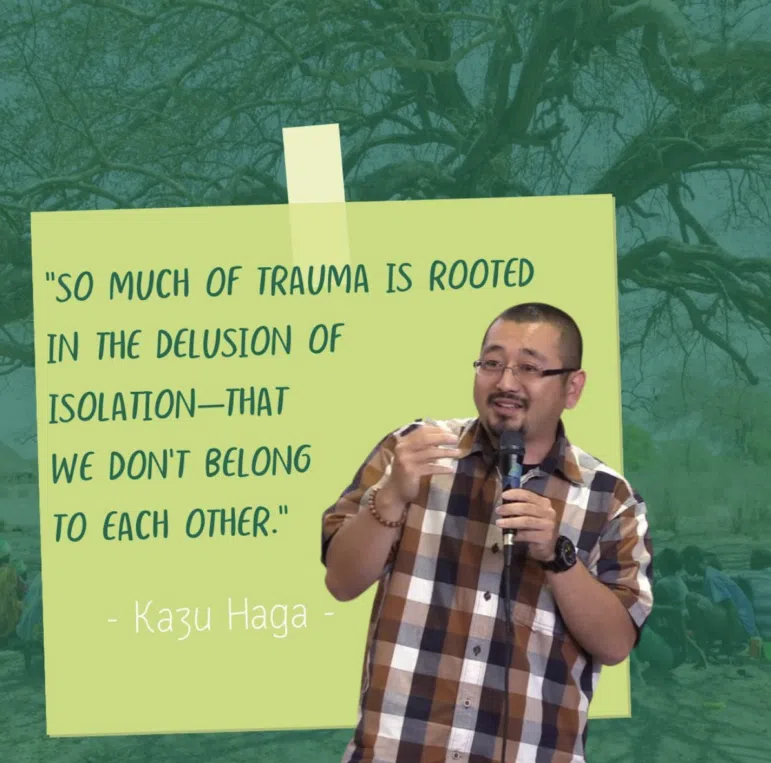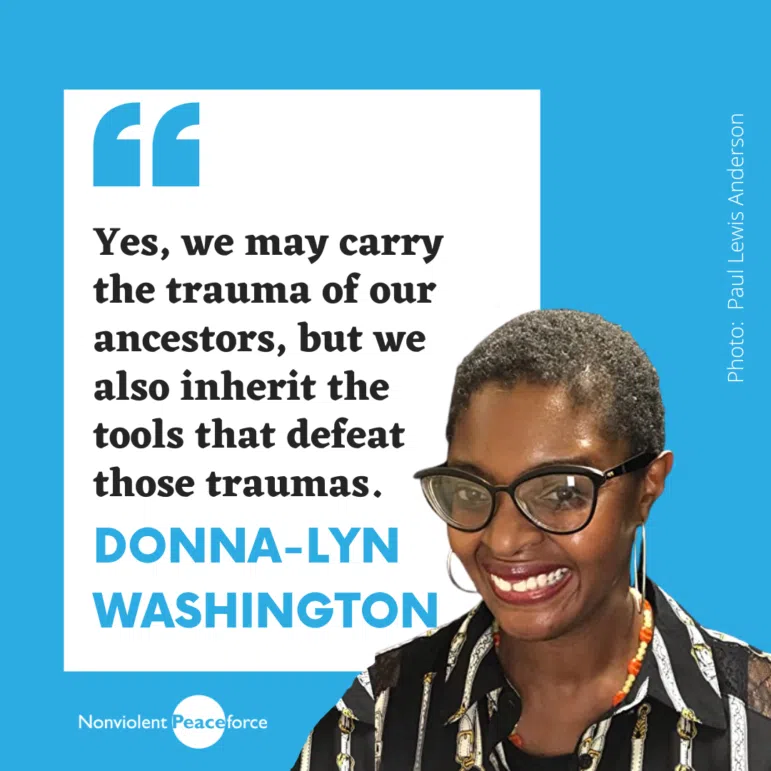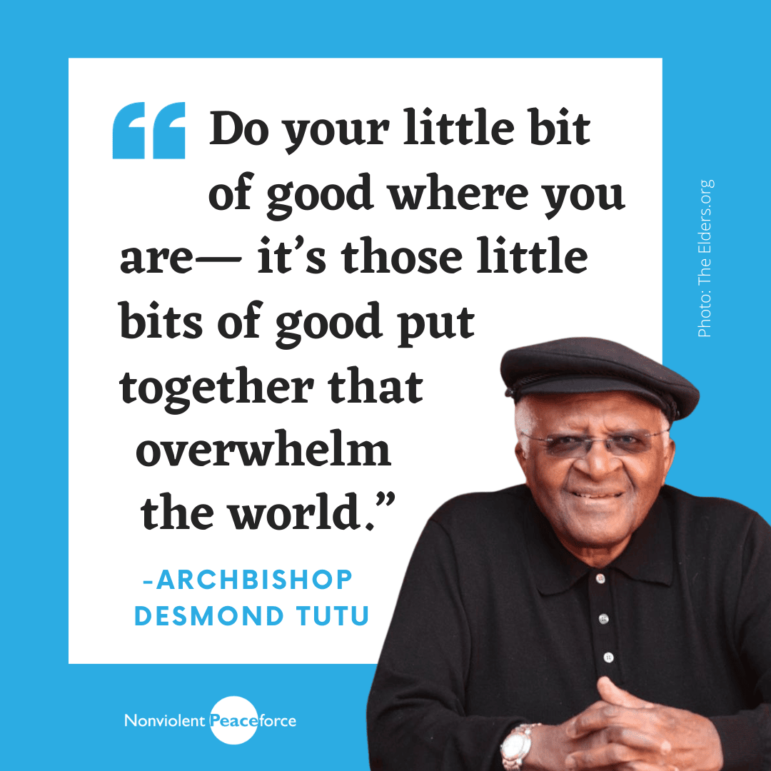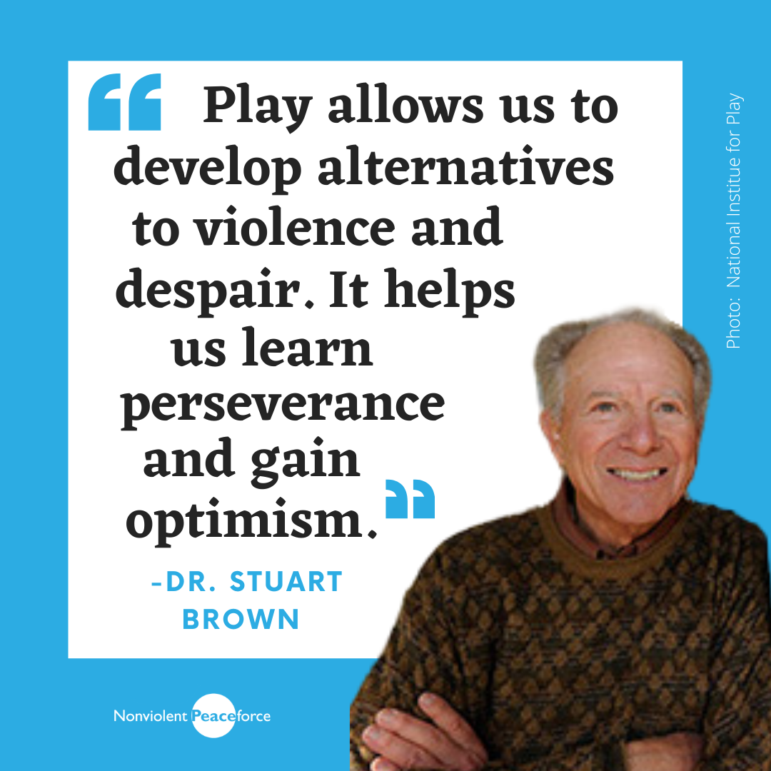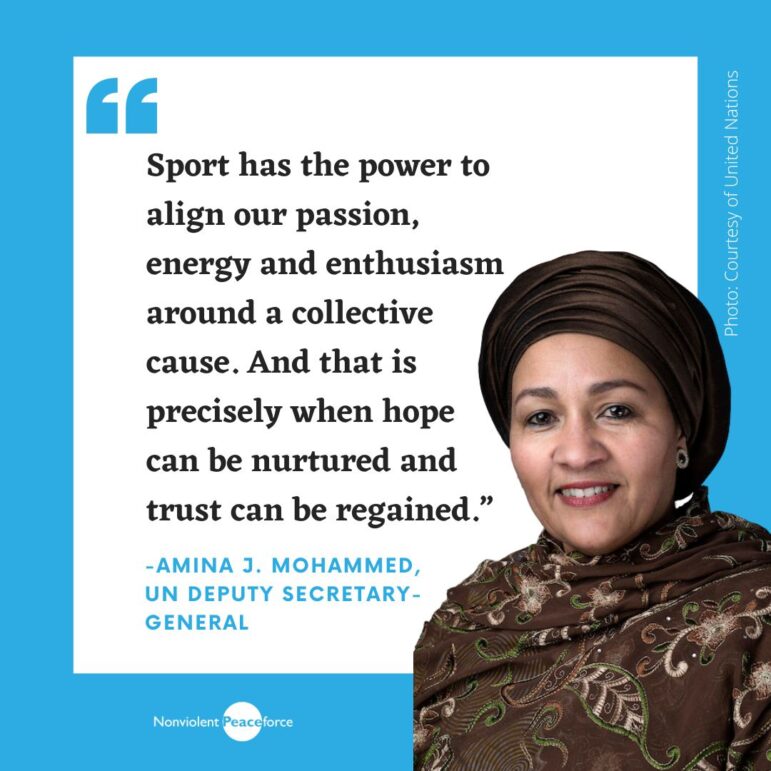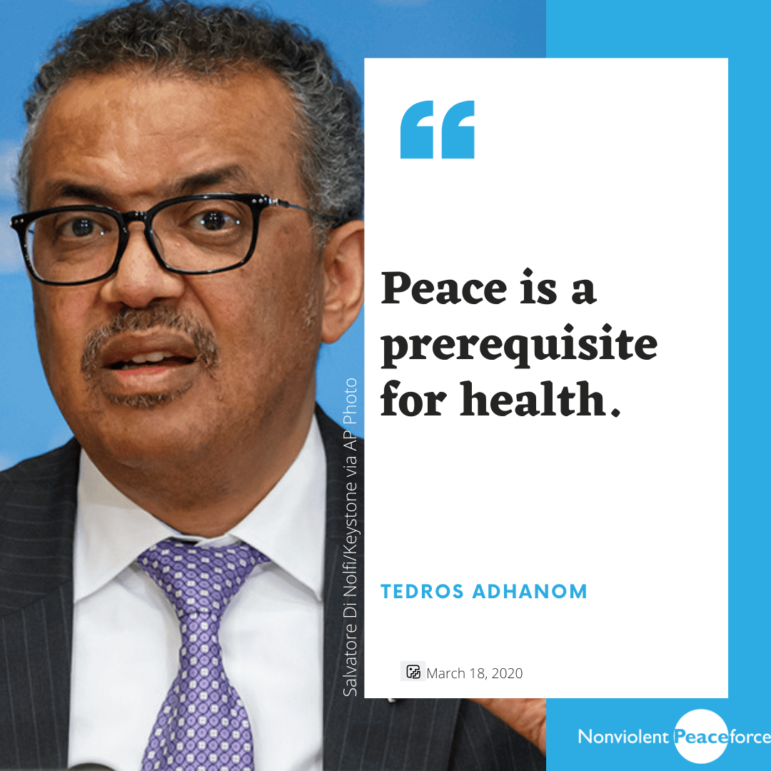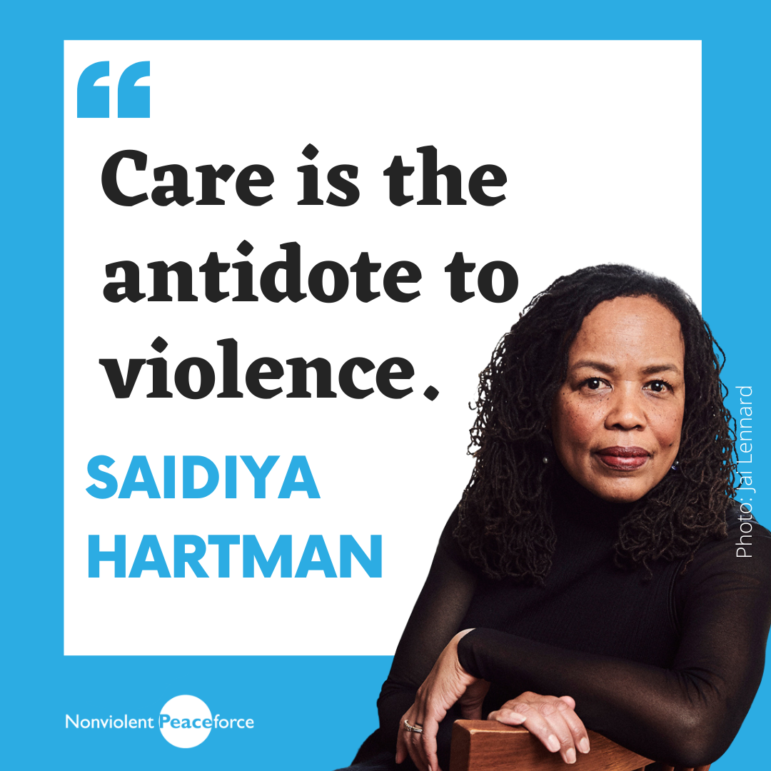50+ Peace Quotes We Love: Messages That Inspire Nonviolence
Throughout history, leaders, activists, and visionaries have shared insights that challenge violence, call for justice, and inspire action toward a more peaceful world. Their words remind us that peace is not passive—it requires courage, persistence, and a commitment to nonviolence.
The following messages shed light on the impact of violence, the power of community, and the role each of us plays in shaping a more just and peaceful world. We've gathered some of the most impactful quotes to inspire reflection and action.
Understanding Violence & Conflict
Violence is often framed as inevitable, but communities around the world continue to resist it in powerful ways. Understanding how conflict and violence manifest—and how we can address them without harm—is one of the first steps in creating sustainable peace. These perspectives explore the roots of violence, the dynamics of power, and the urgent need to shift how we respond to harm.
"Violence just hurts those who are already hurt… Instead of exposing the brutality of the oppressor, it justifies it." — Cesar Chavez, Community organizer and civil rights activist
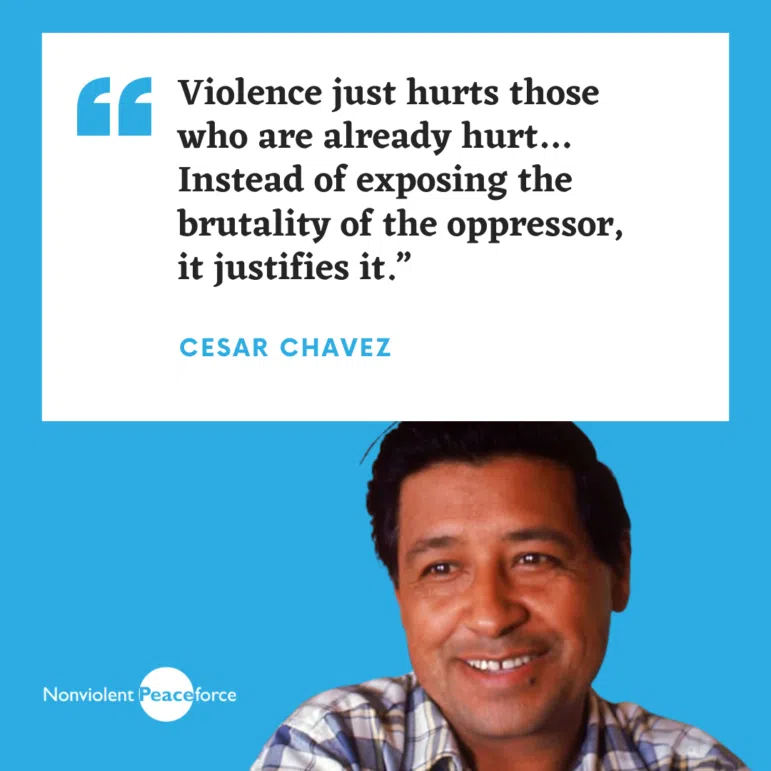
"Conflict is about power." — Priya Parker, facilitator, conflict resolution practitioner, and author
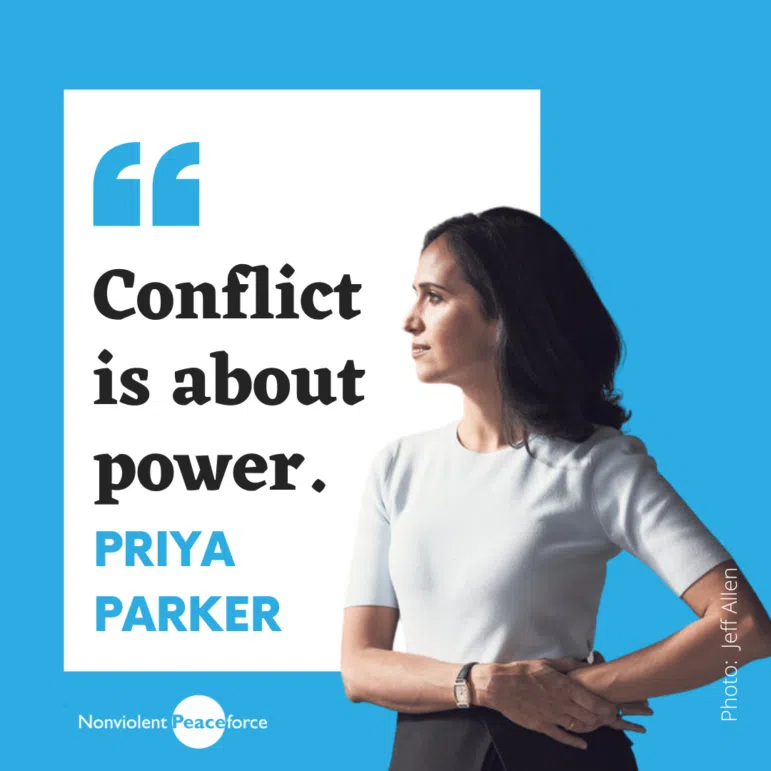
* * * * *
“Sexual violence in conflict needs to be treated as the war crime that it is; it can no longer be treated as an unfortunate collateral damage of war.” — Zainab Hawa Bangura, UN Special Representative on Sexual Violence in Conflict, advocate for Conflict Resolution and Reconciliation, and human rights champion
"We have seen the whole world respond to the coronavirus pandemic, with all hands on deck. Violence against women is also a pandemic - it too needs our global, coordinated response and enforceable protocols." — Phumzile Mlambo-Ngcuka, UN Women Executive Director, on International Day for the Elimination of Violence Against Women (2020)
* * * * *
"I truly believe that if we had more conflict in the world, we would have less violence." — Priya Parker, a facilitator, conflict resolution practitioner, and author
"You can educate people on how to preempt their own conflict."― Wangari Maathai, Kenyan social, environmental, and political activist, founder of the Green Belt Movement, Nobel Peace prize recipient
Nonviolence and Paths to Resolution
Nonviolence is more than a principle—it’s a strategy, a discipline, and a way of life. It calls for courage in the face of injustice and insists that true change happens when we reject harm while still taking action. These reflections highlight the strength, resilience, and transformative power of a nonviolent ethic.
"Nonviolence is a weapon of the strong." —Mahatma Gandhi, Indian lawyer, civil rights leader, anti-colonial nationalist
"Sometimes you have to put yourself in harm’s way. You may stir up some violence but you will not engage in the violence." — John Lewis, Civil rights activist, politician, member of the U.S. House of Representatives
* * * * *
"You must fight others but through peace and through dialogue and through education." — Malala Yousafzai, Pakistani activist for girl's education and Nobel Peace Prize laureate
"Forgiveness liberates the soul. It removes fear. That is why it is such a powerful weapon." — Nelson Mandela, South African anti-apartheid activist, former President of South Africa
* * * * *
"Anger is very effective fuel. The way I describe anger is that it’s fluid, like water. It’s neither good nor bad. It’s that thing that propels you into action." — Leymah Gbowee , Liberian peace activist, trained social worker and women's rights advocate
"If you want to make peace with your enemy, you have to work with your enemy. Then he becomes your partner." — Nelson Mandela, South African anti-apartheid activist, former President of South Africa
* * * * *
"Don't ask what the world needs. Ask what makes you come alive and go do it. Because what the world needs is more people who have come alive." — Howard Thurman, Civil rights leader and theologian
"We want young people to feel like they don't need to be saved by an outside power or group, they already have the ancestral knowledge of how to move into the world. And it is that knowledge, ancestral and cultural traditions and practices, that will save us." — Lil Milagro Henrique, founder and Executive Director of Mycelium Youth Network
* * * * *
"How do we move away from harm as the means of responding to conflict and injustice?" — Adrienne Maree Brown, Social justice facilitator focused on Black liberation, a doula/healer, and a pleasure activist
"The moment we choose to love we begin to move against domination, against oppression." — Bell Hooks, Feminist theorist, cultural critic, artist, and writer
* * * * *
"We need to recognize the language of nonviolence even if it is spoken through a different language than we are used to." — Safoora Arbab, independent scholar and educator
Beyond Militarism: Rethinking Security
At NP, we envision a world where safety and security are not based in weapons or use of force. Rethinking security means shifting away from militarized responses and instead investing in human security and collective well-being. These insights challenge conventional narratives and call for a new approach to peace and safety.
"A nation that continues year after year to spend more money on military defense than on programs of social uplift is approaching spiritual doom." — Martin Luther King Jr. , U.S. Civil rights leader
"The question of weapons, militaries, etc. have always been the basic starting points when you talk about peace and security. These are important, too, but they cannot be complete without all the other elements coming as well." — Miriam Coronel-Ferrer, Filipino peace leader and university professor
* * * * *
"If your problem solver is the military, you are much more likely to resort to what the military does, and the military does war." — Elizabeth Shackelford , former U.S diplomat, writer
"Somehow these three evils are tied together. The triple evils of racism, economic exploitation, and militarism." — Martin Luther King Jr., U.S. Civil rights leader
* * * * *
"We need to switch from this militarism framework and think about how people are wise... we need to support them to do for themselves what they need." — Somaye Sarvarzade, Education practitioner, advocate, and researcher
"Compassion, care, and collective action will see us through this crisis, & will be the bedrock upon which we can build a world beyond capitalist exploitation, militarised security, & environmental destruction. The time to start imagining and structuring that world is now.” — Ray Acheson, Women's International League for Peace and Freedom
* * * * *
"Protecting the global environment is directly related to securing peace." — Wangari Maathai, Kenyan social, environmental, and political activist, founder of the Green Belt Movement, Nobel Peace prize recipient
"Climate and environmental changes are transforming the security landscape in which both conflicts and peacebuilding processes take place. " — Dahlia Simangan, academic and activist studying peacebuilding and the anthropocene
Community Support & Social Cohesion
Violence and oppression seek to divide, but communities around the world have always found ways to come together in resistance and care. Safety isn’t an individual endeavor—it is something we build collectively. Through mutual protection, trust, and solidarity, we can create spaces where everyone belongs and no one is left behind. Unarmed civilian protection strengthens these bonds, centering community-led safety solutions that honor both historical resilience and future possibilities.
"What if nonviolence wasn’t an inhuman standard demanded of the powerless, but an ethic upon which we reimagined the state?" — Ezra Klein, founder of Vox and former editor-at-large
"Let us fill our hearts with our own compassion - towards ourselves and towards all living beings." — Thich Nhat Hanh, Vietnamese Thiền Buddhist monk, peace activist, author, poet, and teacher
* * * * *
On fostering community accountability: "A lot of organizing and storytelling. Organizing folks to take their own power back and telling the story of how it actually is their power." — Miski Noor, Co-Director of Black Visions, organizer, writer
"No one is born hating another person because of the color of his skin, or his background, or his religion. People must learn to hate, and if they can learn to hate, they can be taught to love, for love comes more naturally to the human heart than its opposite." — Nelson Mandela , South African anti-apartheid activist, former President of South Africa
* * * * *
"There’s a difference between those calling for peace and those calling for quiet. Some of y’all don’t want peace, you just want quiet." — Reverend Al Sharpton, at the funeral for George Floyd
"We lay down our arms so we can reach out our arms to one another, we seek harm to none and harmony for all." — Amanda Gorman, Poet, activist, and National Youth Poet Laureate
* * * * *
"Peace and security means everything. It’s about everyday life, but it’s also about how society is structured, how society is working to ensure that the basic necessities of life are provided for equitably." — Miriam Coronel-Ferrer, Filipino peace leader and university professor
"Trans people have always existed in the U.S. and our community has built powerful formations to care for our own for generations." — Raquel Willis, Black transgender activist, award-winning writer, and media strategist
* * * * *
"We say phrases like ‘leave no one behind’ as if it's an accident, not because it's actually a structured design of injustice in the first place." — Aarthi Krishnan, Global Futures and Foresight Coordinator with the International Federation of Red Cross and Red Crescent Societies
"Women can and may well be the backbone of the Syrian reconciliation. I know I have forgiven everyone for my own loss, for the good of the children who are still alive. The shared wish for Syria to live in peace is stronger than what divides us." — Insaf Hamad, Syrian peace activist
* * * * *
"There will be no peace whilst women are subjected to violence. It is one of the most pernicious and pervasive tactic of domination and power. Nowhere is it more evident in the horrors that are perpetrated in armed conflict and it falls on all of us to be part of the solutions to ending it once and for all, in non armed conflict and in war. " — Madeleine Rees, British lawyer, Secretary General of the Women's International League for Peace and Freedom
"I refuse to accept the view that mankind is so tragically bound to the starless midnight of racism and war that the bright daybreak of peace and brotherhood can never become a reality... I believe that unarmed truth and unconditional love will have the final word." — Martin Luther King Jr., U.S. Civil rights leader
"Why were women, who bore the brunt of war, expected to remain quiet while men debated how to make peace?" — Leymah Gbowee, Liberian Peace Activist
Solidarity in Action
Solidarity is more than a principle—it is a practice. It means showing up for one another in meaningful ways, especially in times of crisis. From grassroots organizing to international advocacy, communities across the world demonstrate that safety is strongest when it is shared. By amplifying local expertise and strengthening nonviolent interventions, we reinforce the networks of care that make peace possible.
"If you have come here to help me, you are wasting your time, but if you have come because your liberation is bound up with mine, then let us work together." — Lilla Watson, a Murri visual artist, activist and academic
"The fight against hate must center keeping us alive and ensuring we are safe, secure, and able to chart our own destinies." — Raquel Willis, Black transgender activist, award-winning writer, and media strategist
* * * * *
"Hate violence and state violence result in intergenerational trauma. Community-building & solidarity are the interventions." — Deepa Iyer, South Asian American writer, lawyer, strategist, and facilitator and the current Director of Strategic Initiatives at @buildingmovementproject
"Those closest to the pain must be closest to the power.” — Ayanna Pressley , Politician, State Representative
* * * * *
"The only way to survive is by taking care of one another." — Grace Lee Boggs , Asian-American author, activist and visionary
"Mutual aid projects, by creating spaces where people encounter and work closely with people whose lives and experiences differ from their own, cultivate solidarity." — Dean Spade, American lawyer, writer, trans activist, and associate professor of law
* * * * *
"When there’s violence, someone has to step up. If we are silent and do nothing, then we fail the next generation. How are they going to live a good life if we don't do it now?" — Somjai Chuchart , a Thai Buddhist village chief in Pattani, Chuchart
"We all have the power to protect trans people and keep us alive, if only we're willing to do it." — Raquel Willis, Black transgender activist, award-winning writer, and media strategist
Healing & Wellness
Healing is an act of resistance. The wounds of war, displacement, and systemic violence don’t just disappear—they require care, accountability, and collective effort. By integrating trauma-informed approaches into violence prevention, communities can interrupt cycles of harm and rebuild trust. When healing is centered, peace is not just the absence of violence but the presence of dignity, connection, and well-being for all.
"Trauma threatens individuals’ ability to heal, connect and engage in community life and limits their ability to form positive social ties, wider recovery efforts and ultimately social stability." — Aseel Naaman , specialist in development and fundraising of humanitarian and development programmes in Lebanon
"So much of trauma is rooted in the delusion of isolation—that we don't belong to each other." —Kazu Haga
* * * * *
"Yes, we may carry the trauma of our ancestors, but we also inherit the tools that defeat those traumas." —Donna-lyn Washington, Adjunct lecturer specializing in Black comics in the English department at Kingsborough Community College
“Do your little bit of good where you are— it’s those little bits of good put together that overwhelm the world.”— Archbishop, Desmond Tutu, South African Anglican bishop, anti-apartheid and human rights activist
* * * * *
“Play allows us to develop alternatives to violence and despair. It helps us learn perseverance and gain optimism.” — Dr. Stuart Brown, Researcher at the National Institute for Play
“Sport has the power to align our passion, energy and enthusiasm around a collective cause. And that is precisely when hope can be nurtured and trust can be regained.”— Amina J. Mohammed, UN Deputy Secretary General
"Peace is a prerequisite for health." — Tedros Adhanom, Director-General of the World Health Organization
"Care is the antidote to violence." — Saidiya Hartman, Black American writer and academic

